The Honors Beacon







Editor-in-Chief:
Ian Brown
Writers
Toriinlee Dokken
Arya Haala
Atlas James
Alexa Johnson
Anika Rossow Strasser
Joey Vobr
Artists
Gwen Brandt
Toriinlee Dokken
Payton Hedderman
Alexa Johnson
Interviewees
Katie Danhof
Liz Jensen
Alex Much
Leah White

President (HSB):
Will Anderson
Vice President (HSB):
James Hawco
Secretary (HSB):
Alexis Smith
Freshman Class Representative: Megan Haan
Sophomore Class Representative: Elizabeth Udermann
Junior Class Representative:
Klara Lybeck
Senior Class Representative: Tyler Steffen

The “National Conference of Undergraduate Research,” “Undergraduate Research Symposium,” and “Posters at St. Paul” are three opportunities for students at Minnesota State University, Mankato to present their own original research to hundreds of other peers, academics, and masters of their fields from all over the state, region, and country. Below is a list of those Honors students who displayed their works this spring.
NCUR:
Gracie Bowman
Victoria Greene
Jasmine Mata Diaz
Shrijan Paudel
Joel Tchouke
Bezawit Berhanu
Sona Dani
Arya Haala
Elenore Milde

Maidot Bekele
Jenna Shoultz
Dawit Gebremariam
Sona Dani
Feven Ghiday
Shrijan Paudel
Jasmine Mata Diaz
Rina Gizaw
Nahili Ansha
Dilasha Shakya
Rikin Shrestha
Tinsay Gebremariam
Bethel Zegye
Hawi Atinafu
Sonia Sherif
Allison Chaffee
Jessica Heinsch

Arya Haala
Joel Tchouke
Nathnael Minuta
Elenore Milde
Sara Oberstar
Katie Danhof
Jason Thao
Haylee Cada
Emma Sealey
Amal Sharafkhojaeva
Euphemia Deemi
Lauren Zawoyski
Roshit Niraula
Ashley Bass
Victoria Greene
Gracie Bowman
Rachael Dada

BY: IAN BROWN (SOCIOLOGY AND CRE WRITING)
Of the many missions that the Honors Program at MSU Mankato strives to achieve each year, there are three that resonate with me most deeply: Building Communities, Fostering Connections, and Providing Opportunities I am in the twilight of my second year with the Honors Program, and through my experiences with the students and staff, I have seen the power of these three missions at work The competency-based curriculum that Honors provides allows students to create their own university experience, providing them with a structure and foundation from which to branch off at their own pace- a cushion to fall back on in times of need Personally, this approach has given me a reason to connect with my peers, meet new people, and jump at new opportunities when they arise. While every Honors student’s experience is different, the program does its diligence to ensure that every community under its banner is afforded its proper support and security while its students figure their way through a complicated four or more years of life One such community became the focus of this year’s edition of the Honors Beacon Newsletter When imagining a traditional Honors student, one may associate the program with the science, math, or technological fields; but the program also boasts a remarkable number of students within the arts, humanities, and creative worlds. As a part of the Research, Scholarly, and Creative Activity competency, this issue of the Beacon aims to shine a light on the creatives in our midst, the often unrecognized sector of the Honors community, and examine the beautiful developments that those within our ranks have, and will continue to pursue It has been a joy to work as Editor-in-Chief for the Honors Beacon this year I would like to extend a very special thank you to the team of writers, photographers, and artists that have become like a little community in their own right while working on this issue of The Beacon, as well as my advisors within the Honors Program: Destiny Lee, Leah White, Ashley Singleton, and Tim Smit for all of their guidance and support in the year-long creation of this project I appreciate all of you who have made this opportunity possible, and I cannot wait to experience it with you
Thank you, Ian Brown, Editor-in-Chief
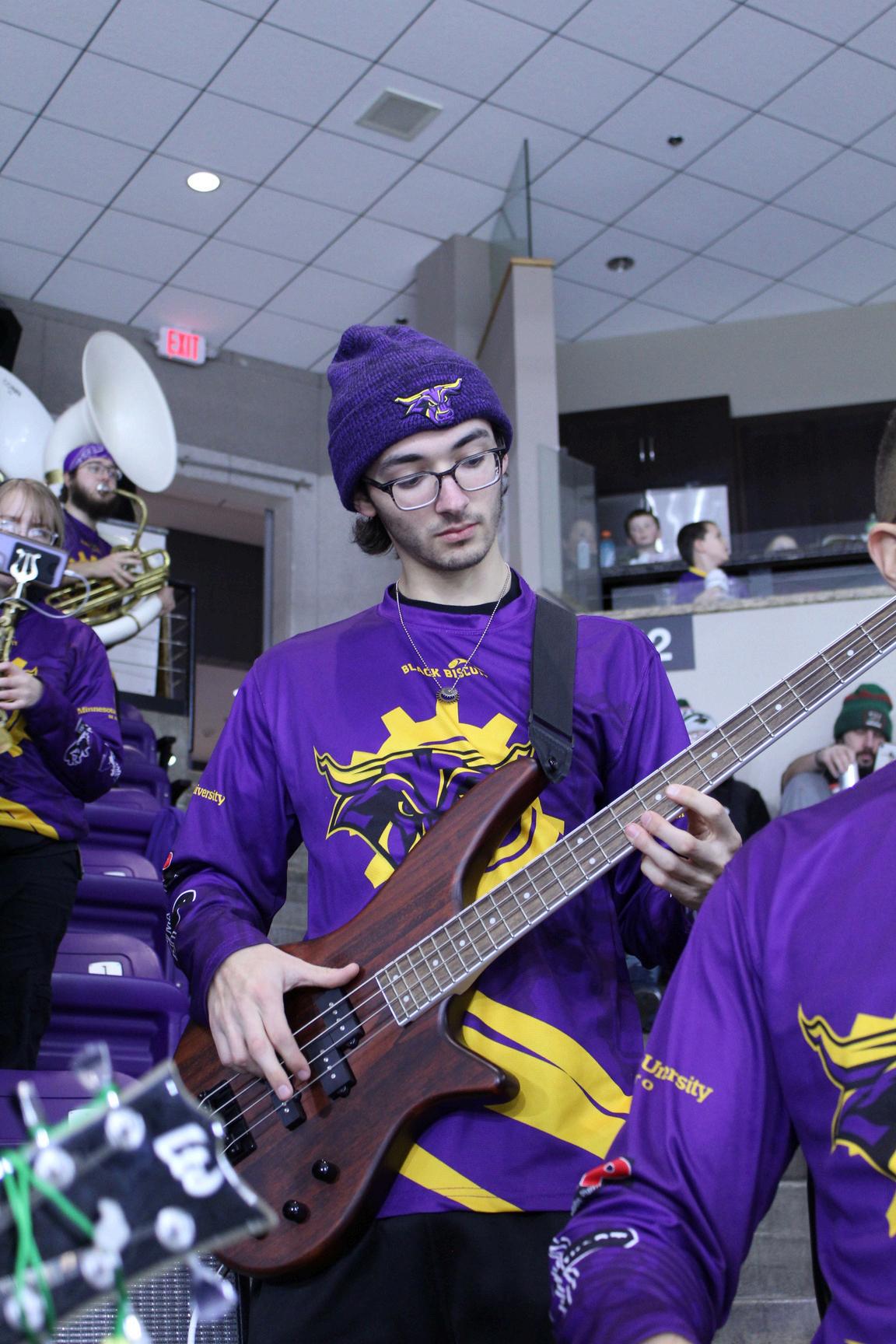
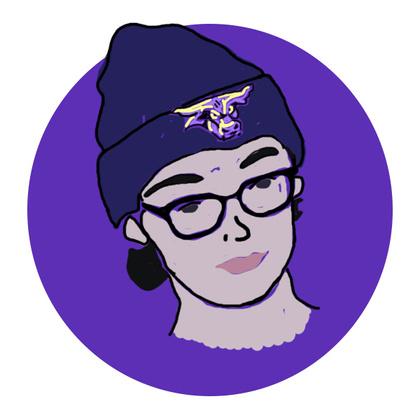

BY: LEAH WHITE (DIRECTOR, HONORS PROGRAM)
During my time as the Honors Program Director the Beacon has undergone several changes When I first started in this role, the program published a print edition of The Beacon in both the fall and spring semesters
The shift to an annual online publication introduced new options for the kind of content we can include. When Ian suggested we lean into these changes and focus this year’s edition on creative activity, I was excited about the possibilities This year’s Beacon showcases the many ways current Honors Program students are engaging in the creative arts The arts seem especially important as we currently find ourselves navigating significant disruptions in our campus, local and national communities Creative work can help us pause and perceive the world around us in new ways I encourage all of us to take time in the weeks ahead to engage in creative activities Like poet Mary Oliver, reflect on the beauty found in small moments and share the lessons learned with others
Breakage
By Mary Oliver
I go down to the edge of the sea
How everything shines in the morning light!
The cusp of the whelk, the broken cupboard of the clam, the opened, blue mussels, moon snails, pale pink and barnacle scarred and nothing at all whole or shut, but tattered, split, dropped by the gulls onto the gray rocks and all the moisture gone It's like a schoolhouse of little words, thousands of words
First you figure out what each one means by itself, the jingle, the periwinkle, the scallop full of moonlight
Then you begin, slowly, to read the whole story.
Source: Poetry (August 2003)
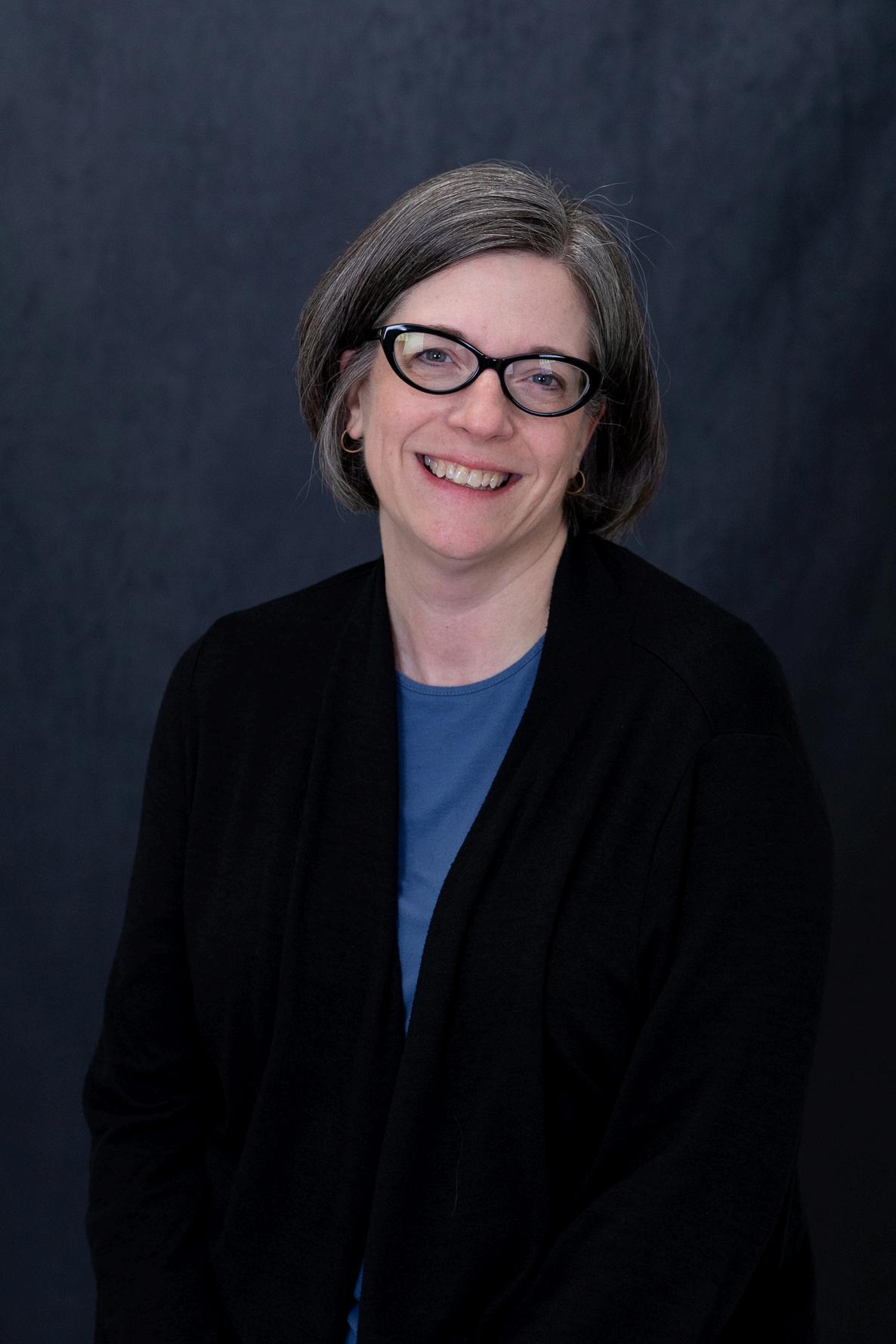
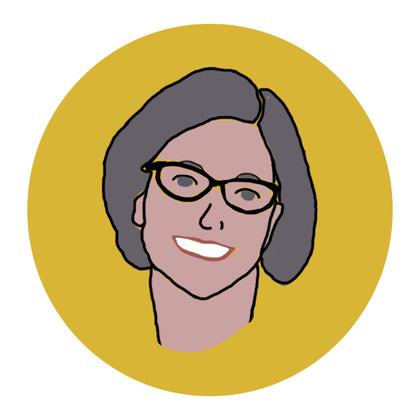

Year: Freshman
Major: Human Resource Management & Psychology
Note from the interviewer:
Traditionally, when one thinks of the Honors program, they associate it with more STEM related fields Although the program is for any major, there is a lack of recognition of the opportunities it offers students in arts-related fields. In this interview, I talk with Dr. Leah White about what the Honors program is, why we’re seeing this shortage in arts students, and what the program has to offer students involved in the arts
Note From the Editor
This interview was conducted by freshman Honors student Joey Vobr with current Honors Director Leah White The following is a condensed transcript of the interview, as well as a full audio recording online
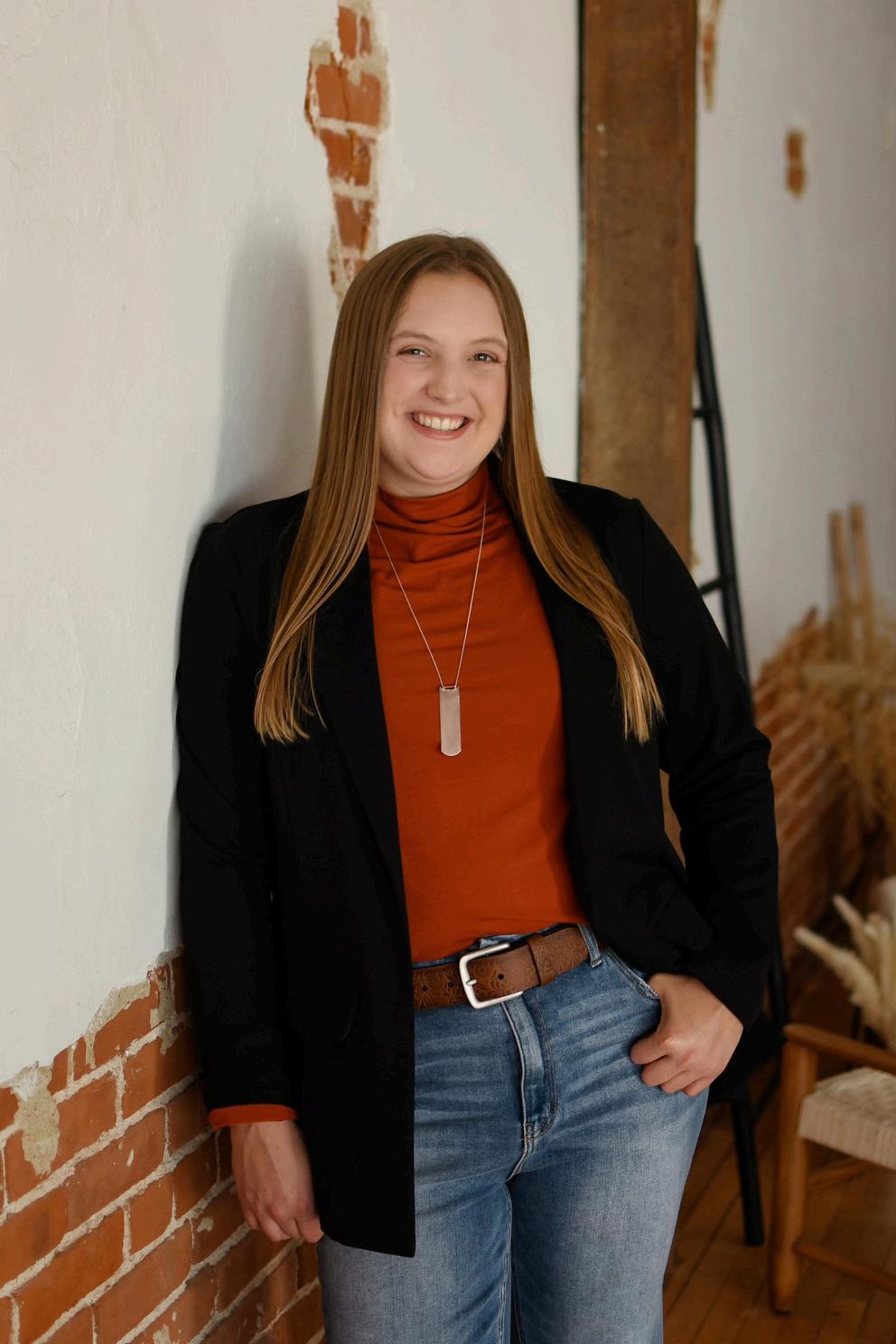


(Continued from Bottom of Page 8)
Click here to listen to the full interview online OR copy and paste this link: https://mediaspace minnstate edu/media/Interview+w-+Dr +Leah+White/1 yd0c84o0
Joey: “How are you connected to the Honors program? What's your position?”
Dr White: “I'm the director of the honors program I started in May 2018, and this is my last year, so it'll have been a total of seven years. I came in as an interim and then was selected for a full three-year term and then renewed for a second three-year term ”
Joey: “Do you have any specific destinations afterwards?”
Dr White: “Hopefully sabbatical, and then I'll go back to my home department, which is communication and media ”
Joey: “What does your job entail? What do you do on a daily basis?”
Dr White: “How it works here is that we're really collaborative So I, Ashley, and Tim all share the teaching and the advising load and the kind of day-to-day functioning of the program. I would say that as the director, how that differs is it's a little bit more of the public facing role of the program So, I do more of those administrative things, like assessment reports and sit on committees. But we all have sort of different responsibilities. Ashley's more of our recruitment and outreach person Tim does the fellowships/presidential scholar ”
Joey: “Has that stayed consistent throughout the years or has that changed as things changed?”
Dr. White: “It’s changed a little bit, just because we've had a lot of faculty and staff turnover since I started There's been moving pieces, and there has not been more than about two years in a row where things stayed the same So, I'm hoping moving forward that it'll be pretty consistent now.”
Joey: “For those who wouldn't know what it is, what is the Honors Program? How would you describe it?”
Dr. White: “It’s for students who are looking to dig into their college experience at a deeper level. It's not just harder classes and you're smart and get A's It really is a program that's grounded in experiential learning and meaningful reflectiontrying to get students to engage in experiences during their time in university and then really think about what they are doing. Why are they doing it? How is it changing them? Where do they go next?”
(Continued at Top of Page 10)

(Continued from Bottom of Page 9)
Joey: “A lot of times, people think that the Honors program leans towards more the STEM type majors or the more traditional academic fields. Does [Honors] have things to offer to students who are following a more like artsbased path like theater or music?”
Dr White: “Yes, absolutely Our big problem is messaging When we talk about the competencies, until about three or four years ago, we called it Leadership, Research, and Intercultural Engagement. Well, as soon as you say research, people think, like psychology, that's more of your social science So, even if you're not running lab experiments, you will follow that traditional sort of research structure When we say research, people think experiments, they think labs, and so a lot of times students are like, well I don't want to do research. I'm not a researcher.”
“So, we have a committee this year with the Honors Council, who are working to completely revamp the wording of our rubric for the research competency. We tried to rename it three, four years ago, and we were like, okay, well, let's just call it Research, Scholarly, and Creative But that's why we did it was because, at least Research we know, and then Scholarly might be more like your history, and then Creative Activity is more into the humanities/arts side of things. We tried that, but it's still the way that, like our assessment rubric, all the language is very geared towards that scientific approach ”
“I think where they're headed is to maybe have the competency be more termed like Inquiry Because I mean, all of those traditional science things translate into the arts Like, it's still about, do you have a question? How do you answer the question? So, if I'm making a piece of ceramics, my question is how do I communicate this emotion? How do I communicate this? What kind of materials do I use? So, it still all fits, but you have to get there a little backwards, and that's where we're changing it So yes, I do think that that people think that it is more a STEM research thing. But I think it's a language thing. There is a way to complete that competency regardless of where your focus is ”
Joey: “Do you think the language is kind of the biggest thing that prevents a lot of nontraditional fields from joining because they don't feel that it fits what their field can offer?”
Dr White: “I think that's part of it When they hear the competencies, research makes it seem like that's not me/I don't do that because I'm a theater major or I'm an art major.”
Joey: “What advantages does the Honors program have offer art students? Is there any specific advantage?”
(Continued at Top of Page 11)

(Continued from Bottom of Page 10)
Dr. White: “I was thinking about this question, and I think it's the same answer I would give for any student The advantage is that the program will allow you to think meaningfully about what you're doing and be able to talk with depth and more meaningfully about what it was you did, why you did it, and how you got there. But another thing that I think is really helpful, and this is true for all, but maybe a little more useful for the art students is that networking piece So, as a psychology major, your department has a list of the professors who are doing research, here's the labs, here's how you contact. So, if you're interested in that, it's so easy to advise you all And you're getting all those messages But when you're in the arts, it's not exactly obvious And so, if you're not already connected with the faculty member, and you're trying to figure it out, sometimes I think it's nice because you have that advising that happens here, connected to Honors, where you can talk to your Honors advisor and they can kind of direct you towards opportunities and connect you with people who are doing some of that work ”
Joey: “Do you know of/or remember any specific art students and what they did in the Honors program?”
Dr White: “We've had several We’ve had some writers. Josie Braaten was one my first year here. She was a creative writer, and she worked with Dr. McCormick in English, and she had a senior project where she wrote a short novella She had worked on that across two semesters with him, and then for her dissemination of that we did a public reading here.”
“I'm working with Atlas James right now in 375, and he had some poetry that he worked on He did art combined with some poetry at a campus gallery display ”
“I had a couple theater majors – Neveah Braucks and Delaney Rietveld. They were both theater majors who accomplished the competency based on shows they were in You get cast and your question is, okay, how do I create a realistic character? You have to look at all your sources So that's combining - doing all that research, and then your dissemination is the actual performance Then you reflect on what that was like, as you have multiple nights, and not every night feels the same ”
“Ana Leyva was a music education major, and she had to do a big senior recital. In her portfolio, she talks about how she selected the music, how she researched the background of the music, and how she, in terms of her performance choices, accomplished the emotions that she wanted to with it.”
Joey: “I know activities change by year, but are there any you’ve done this year, or ones you've done in the past, in the Honors program that you think may interest art students in particular?“
(Continued at Top of Page 12)

(Continued from Bottom of Page 11)
Dr. White: “Last year we did a couple day trips, tied to Intercultural Engagement, where we went to the Minneapolis Institute of Art so that people could see some of the more cultural art displays We've thought about going to theater productions in the Twin Cities. We haven't planned any for spring yet, as we’ve tried to focus this fall on the things that happened right here in Mankato, but we may, depending on bandwidth and money, do it next semester ”
"The other place where I really see a lot of really awesome experiences is in this community that would appeal to people who come from more of an interest Some of our Intercultural Engagement experiences align really nicely Neveah, in her portfolio, did Intercultural Engagement by working with Wilbur Frink for her organization Open Arts Minnesota. She has a whole theater troupe of individuals with intellectual developmental disabilities and anyone who identifies in the disability community She works with them to pull together about two productions a year She's looking often for people to come help and volunteer with that. Neveah was a theater major, so she helped during the performances But sometimes, Wilbur likes to build the scripts off of their lived experiences, so she looks for volunteers to come in and transcribe their stories Some of the performers aren't as comfortable with writing, so you have somebody who transcribes it through that organization ”
Joey: “Are there any other ways you could encourage more art-based students to look into [the Honors Program]?“
Dr White: “I think that changing how we word the messaging will help. But I think in general, clarifying the flexibility of the program. We sometimes talk about it as a choose your own adventure approach, and you really can We always have the opportunity to propose an experience It may not be in our brain as something that would work, but a student can propose it and we'll be like, oh, yeah, that will do. There's just a lot of different ways to do the competencies and develop, and that flexibility I think students should understand Even with super busy students, like my music education students, the things you’re already doing, like your methods of teaching music, are kind of like a methods or research methods class Those things overlap Your basics of poetry or basics of creative writing are your version of psych 211 ”
Joey: “What do you hope to see in the Honors program in the future? Both arts related and just in just in general.”
(Continued at Top of Page 13)

(Continued from Bottom of Page 12)
Dr. White: “In general, I want to see it continue on the trajectory of being that reflection-based experience It's hard because it would be a lot easier if we could just check boxes There would be less advising, there would be less reflectionsthey are hard work and they're hard to work. I would like to find a way to continue to add students to the program, but manage at least on our staff side, the ability to give students the quality experience that comes with that For arts, I would like to see more of our students actually submit to the undergraduate research center and apply for their grants. There's money that they give away to support projects And I think because it's called the undergraduate research center, students don't see that But I know Patrick Tebbe, who's the director there, would really like to see more art students submit more to present at the symposium. I think that from an art standpoint it would be really, really good to get more out there ”

BY: ANIKA ROSSOW-STRASSER (INTDISP. STUDIES)
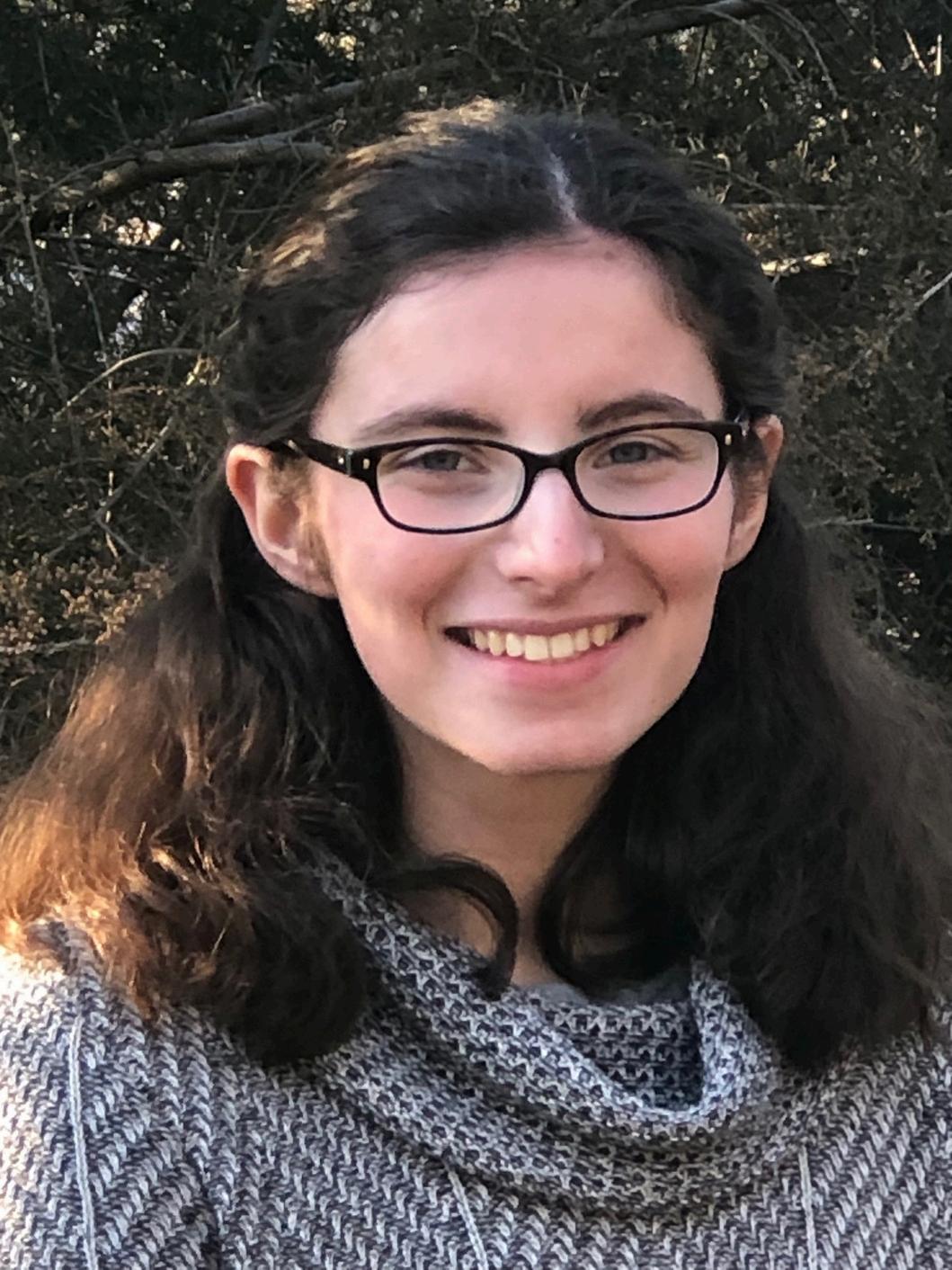
Year: Sophomore
Major: Interdisciplinary Studies
Minor: Aging & HumanAnimal Studies
In this reflection on her journey through creativity and revision, second year Interdisciplinary Studies major Anika Rossow-Strasser (also known as MEAKS) discusses how one of her favorite classes at Minnesota State University shaped her perception of creativity and creative identity by walking us through the creation of her poem, Cheers!
I always find it difficult to begin writing… anything. Papers, emails, and yes, essays like the one you’re currently reading I look at the blank page, an ominous void of possibilities, and my immediate reaction is: How do I even start? A lack of thoughts is not what ails me; if anything, I have too many
In my first semester at MSU, I decided to take ENG 341: Form and Technique in Poetry, led by professor and acclaimed poet Michael Torres (also known as REMEK). Coming into the class, I had written poetry off and on when I was younger, but then I took an unintentional break for about seven years Though I loved poetry, I felt a bit rusty and nervous What if I don’t interpret poems correctly? What if I don’t have anything to write about? Like many others, I didn’t feel fully qualified to read or write poetry We often believe there is a right way to “do” poetry, and poems are like puzzles in which we must find one specific message Luckily, any such feelings of inadequacy disappeared almost as soon as I entered REMEK’s class. A small lamp-lit classroom and fourteen friendly faces welcomed me into a little world of creativity unafraid to laugh, sing, dance, and be weird in the best possible way.
(Continued at Top of Page 15)

(Continued from Bottom of Page 14)
If you can’t already tell, I adored ENG 341, but I’ll do my best to spare you from an overload of ramblings One of the highlights of the class was the camaraderie among my classmates, graduate assistants, and professor. We were able to be human, expressing our emotions and realities in a comfortable and safe space. Though we all had very different backgrounds both in life and in poetry, we made strong connections when we uncovered shared experiences Not only were there common threads in our writing, the act of performing our poetry brought us all together One day, a classmate sang their poem in the style of an Irish folk tune, inspiring the rest of us to clap along and dance Collaboration was the heart of our class We wrote group poems that shined because each person added parts of themselves, and we took writing prompts from our everyday lives and observations. There were no wrong answers in our classroom. By going off of others’ ideas and making associations between observations, we expanded our understandings of both poetry and the philosophy of art and creativity overall Each person had their own interpretations influenced by their unique histories, values, and feelings Together we found the essence of creativity: it is all about exploration and using varied lenses through which to view the world
This open-endedness didn’t stop at our discussions, however. We were challenged to do “automatic writing” in which we recorded anything that came to our minds––the good, the bad, and the ugly I found many interesting threads to follow through this process Some felt like hidden truths coming into the light The revision process also allowed me to further refine what I wanted to express REMEK introduced us to the concept of Radical Revision, which involves taking one’s original work and putting it through a series of changes. There is less control, which opens up new ways of seeing a work and jumping off from it. The original poem and the revised versions may not even be recognizable as the same work For my revision project in the class, I chose a poem I had written about tea
Cheers! (Original)
There is comfort in a cup of tea. Steam curls float up, a calm viewing Wisps of warmth envelop me
Vibrant, wild, and green, herbs grow free, fresh from the ground, always renewing, there is comfort in a cup of tea.
(Continued at Top of Page 16)
(Continued from Bottom of Page 15)

In fire-hot water dance the fragrant leaves, releasing their essence while brewing Wisps of earthy aroma envelop me.
The nourishing elixir–its energy–heals my soul and is worth pursuing There is comfort in a cup of tea
Flavors floral, herbal, drops of honey mingle and mix, a fusion subduing wisps of worries that envelop me
Mugs of soulful liquid sweet wash away feelings of grey blue–sing! for there is comfort in a cup of tea when wisps of life envelop me.
I first wrote Cheers! in the Villanelle form This means it consists of five tercets (three-line sections) and a quatrain (four-line section) along with two repeating rhymes and two refrains; the first and third lines of the first tercet are repeated in the poem I was dissatisfied with my poem because the imagery felt cliché and surface-level. Of course tea would be comforting! To find the meaning I was searching for, the first Radical Revision technique I tried involved switching words to their opposites Although quite funny to read, this was not what I wanted, so I tried The Pancake, a strategy from an article titled “The Warmth of the Messy Page ” The Pancake is described as a poem that is stagnant and simply mediocre, and methods of revision include writing backwards, replacing verbs, and changing sentence structure, perspective, or tense
Excerpt from Cheers! (Warmth of the Messy Page – The Pancake)
Tendrils of doubt reach out and grip you
(Continued at Top of Page 17)
(Continued from Bottom of Page 16)

but are dissolved by the fire-hot dance of brewing leaves wild-eyed green. A wave thrashes and hurls thoughts irrational: Why can’t you do anything right? Your existence smites the world
In spite, a boiling shield rises, energy overpowering the darkened skies and sharpened words An elixir, soulful sweet, heats your heart, washing away the cold, cold storm
Here it was, the deeper meaning I was looking for! What once was lifeless transformed into something with movement and drama I started delving into the why** behind tea’s comfort, an effort to uncover why I, as the writer, was sharing my experience with the reader. I followed the sounds and rhythm of my new word choices, adding emphasis to certain ideas and propelling the poem forward. The renewed focus on feeling led me to investigate further What might be breathing life into the work?
A mug of pure light, earth’s life-giving green essence banishes darkness
(Continued at Top of Page 18)

(Continued from Bottom of Page 17)
Exploring the roots of my poem, I used the haiku form in another revision of Cheers! as a challenge to distill the work into only what was necessary It was tricky for me, a rambling writer, but I found the main ideas and key words of my poem to create a simple yet dynamic and effective image.
I came into REMEK’s class uncomfortable with spontaneity However, the class loosened me up, making me remarkably more flexible I learned that poetry encompasses more than just poetry We read, drew, and listened to music We talked about doppelgangers, tardigrades, and leaves on the sidewalk We laughed at ourselves, and we laughed with each other to the point of falling off our chairs. The freedom to be genuine, goofy, and wonderfully weird took away the inhibitions preventing us from listening to our inner creativity. Poetry is more than just poetry. Poetry is growing into yourself and growing a community
*This is not just a reference to when everything bagels came up in class conversation Like everything bagels, my poetry class encompassed many things and created one tasty recipe for creativity.
**A continual challenge to push ourselves and our poetry, we were asked for the why behind our writing Why are you sharing this with the reader? Why do these specific words need to escape into the light?

BY: ALEXA JOHNSON (CREATIVE WRITING & ART)
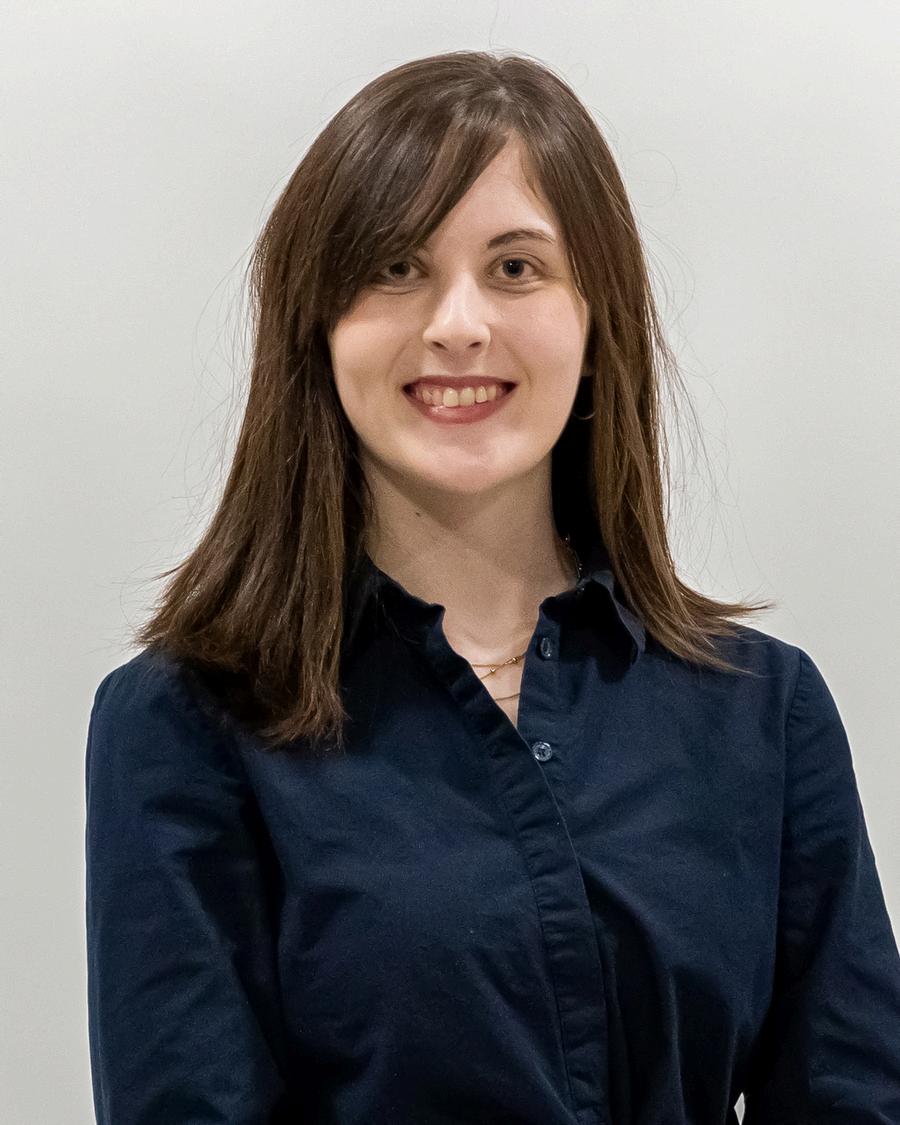
Year: Senior
Major: Creative
Writing & Art
Minor: Music Industry
In this article, fourth-year Creative Writing and Art student Alexa Johnson writes about a local community center in her hometown of New Ulm, Minnesota. Alexa reflects upon the location’s community impact, its accessibility for “creative types,” and her experiences working in the community center’s bookstore, Lykke Books
An exciting new space emerging in Southern Minnesota is Ulm Sweet Ulm. Located at 203 N. Minnesota Ave , New Ulm, MN, Ulm Sweet Ulm officially opened in May of 2024, with a mission to serve the community Currently, the space hosts a bookstore called Lykke Books and the newly opened NÜ Brew Cafe Ulm Sweet Ulm regularly partners with sister non-profit Lykke Communities to host events in the space as well Typical events include ukulele classes for adults and children, yoga classes, and book clubs
Brie Taralson, the owner of Ulm Sweet Ulm, says that she was inspired to open her own business after the COVID-19 pandemic At the time, she was the lead directive administrator of the Allina Health system in the Brown County area and experienced intense feelings of burnout that led her to reevaluate her priorities She realized that she wanted to work more to impact the community, creating a self-proclaimed “third space” that would help the community thrive by building meaningful social connections and opportunities.
A big part of this mission has been to showcase artists from the surrounding area So far, there have been five artists featured, with works ranging from pottery to printmaking and paintings
(Continued at Top of Page 20)
(Continued from Bottom of Page 19)

Featured artists have an opening ceremony where they give a small artist talk, and their exhibit is up for about six weeks, where they can either display pieces or have them for sale Taralson has said that one of her biggest hopes going into the future is to connect with more artists and potentially have exhibits up for longer periods of time. This could include exhibits with multiple artists showing at the same time, as well as retaining some more permanent pieces to be shown in the store while exhibits would continue to rotate Taralson also hopes to connect with younger and emerging artists as well Ulm Sweet Ulm aims to become a space for creatives of any type to connect and have the opportunity to display their talents
This goal applies not only to art, but to authors as well. Ulm Sweet Ulm has previously hosted author talks, a book launch, and currently carries many books that are independently published or printed through small local publications Again, Taralson is very proud to provide a space where local authors can see their dreams realized by having their published book on sale
I have worked in Ulm Sweet Ulm’s bookstore, Lykke Books, as a bookseller since its grand opening in May 2024, and have gotten to see firsthand the impact that this space has had on the community As Ulm Sweet Ulm is becoming more established, its mission to be a “third space” is becoming more prevalent Third spaces are places such as libraries, coffee shops, or parks where people can have the freedom to socialize and interact, build social groups, and strengthen communal connections Over the past couple of decades, third spaces have been in a decline as many gathering spaces are closing or are no longer as accessible as they once were. Taralson hopes to be a part of a resurgence of third spaces by opening Ulm Sweet Ulm’s doors to any events, businesses, or organizations that are looking for a meeting place and would aid in the mission to connect others Recently, as Ulm Sweet Ulm has gotten a feel for what is popular with community members, there has been a lot of involvement and excitement for events that have been put on in the space. On top of the smaller day-to-day events, there are some huge events that Ulm Sweet Ulm is making possible as well In September, I worked at an event in Le Sueur where NYT Bestselling author Abby Jimenez held an author talk There are other, even larger events that will be coming up in the next couple of months as well.

(Continued at Top of Page 21)

(Continued from Bottom of Page 20)
Ulm Sweet Ulm is a space for book talks and group meetings, a space where people have weekly gatherings and know that they can depend on a welcoming environment I’m honored to work in such a unique space and can’t wait to see what the future brings as the store continues to develop and expand its mission to provide for the community.


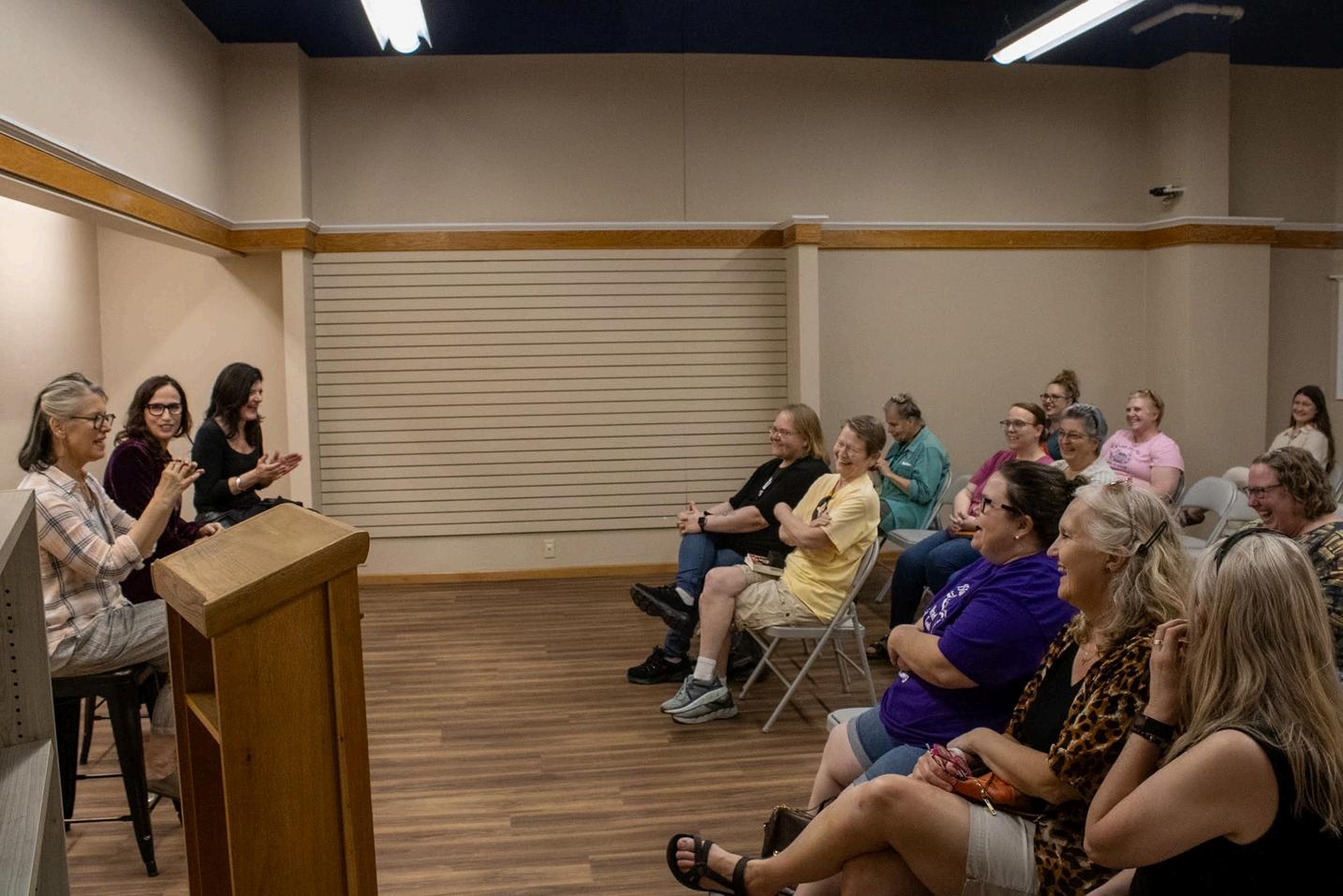

Year: Sophomore
Major: Music Education
Minor: Spanish Ensemble(s): Maverick Machine (2), Wind Ensemble (2), Jazz Ensemble (2)
This interview was conducted by the editor with Sophomore Music Education student Liz Jensen, in the Jane Early Center for Performing Arts In this conversation, Liz recalled her experiences with music throughout her life, and how the medium has shaped her trajectory moving forward, mentioning key memories that defined her love for music, education, and creativity Written below is a condensed transcript

Click here to listen to the full interview online OR copy and paste this link: https://link mnsu edu/b1q
Editor: “Hi, welcome, thank you for doing this. Would you like to introduce yourself?”
Liz: “Yeah, sure! I’m Liz Jensen I’m a music education major and an Honors Student ”
“Well thank you for being here. Tell me a little about the ensembles that you’re in!”
“I play a bunch of different instruments, but right now I’m only playing guitar and percussion. I’m in (the) Mav Machine, and I play Marimba for that I’m in the Jazz Band and I play guitar, and then I’m in the Concert Wind Ensemble and I play percussion for that ”
“And you’re a section leader in Mav Machine, right?
(Continued at Top of Page 23)

(Continued from Bottom of Page 22)
“I am a section leader in Mav Machine! I’m also a percussion section leader (in Wind Ensemble) so I have key card too: 109, if anybody needs that ”
“Speaking of that, what prompted that decision to apply for (those) leadership positions?”
I actually didn’t apply Thursby (The Mav Machine Director) asked me to And then I was also asked to be head percussion section leader for Wind Ensemble too
“Well how long have you been involved in music, then? Just in general. Has it kind of always been a passion of yours?”
“Yeah, so my brother started piano lessons when I was maybe 5 years old, and- I wasn’t in piano lessons but I always went to (someone’s house that we knew) and I would always go and play with her kid, who was my age too, in the basementI would always beg my mom, ‘When am I starting piano lessons? When am I gonna do piano lessons?’
“So I started it in first grade, and then I hated it, but my mom made me keep doing it until I got into band in 5th grade I started on flute but I was very bad at it because I had some weird, vocal cord dysfunction thing; kind of like asthma.
So I begged my mom, “Please can I stop piano?’ in 8th grade because I started guitar lessons in 7th grade ”
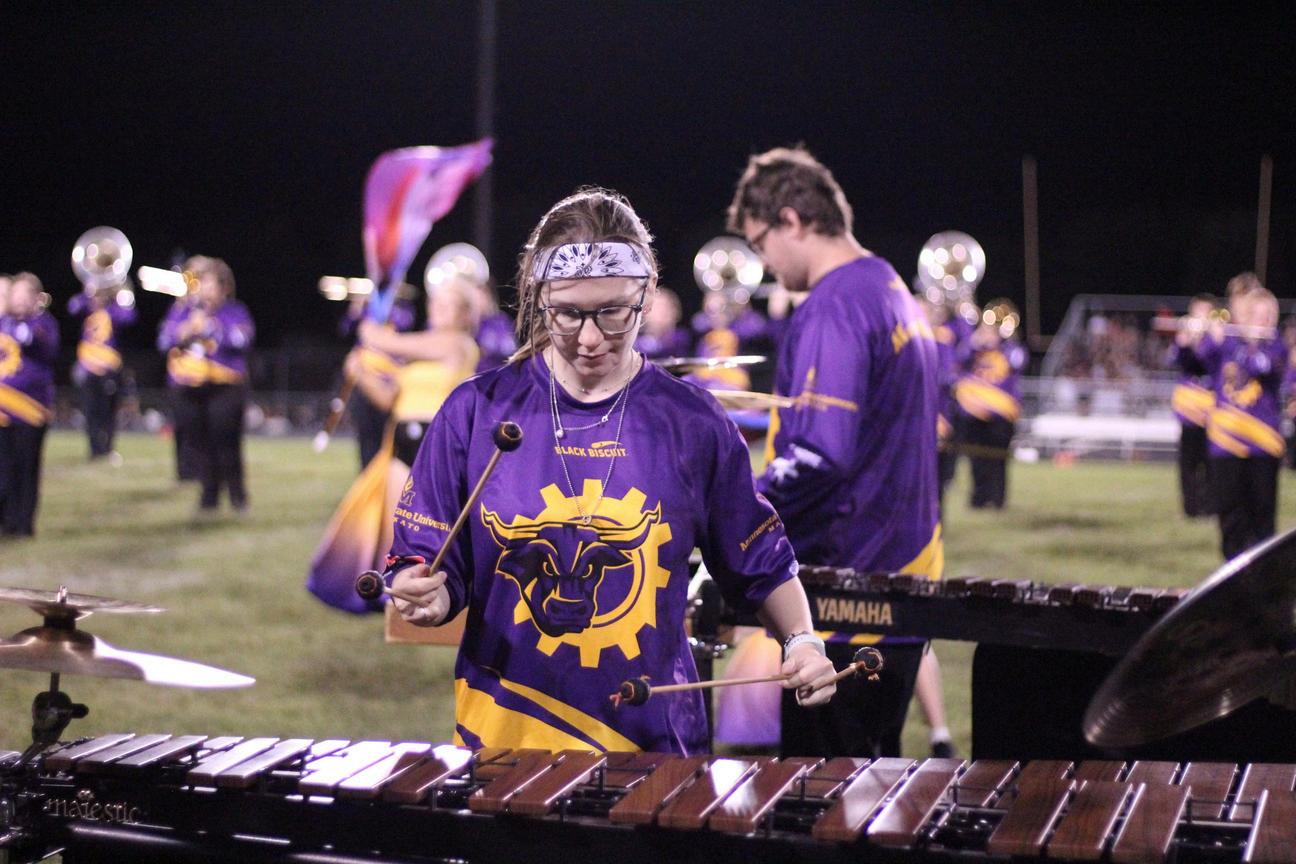
“...and in 9th grade I started marching band in front ensemble doing vibraphone- percussion stuff if you don’t know what that is ”
“Big fancy xylophone.”
“Big fancy xylophone, yes. Big fancy xylophone. One of them is metal, one of them is not.”
“Yeah so I guess (music has) just kind of been there my whole life I didn't know it was gonna be what I wanted to major in until I was I guess maybe six months before I graduated... all of the colleges I was applying to, I was just looking to see if they had a music program, and if they didn’t then it was immediately off the list and I’m like, ‘why is that the biggest factor?’ Oh, it’s because I want to do it “
(Continued at Top of Page 24)

(Continued from Bottom of Page 23)
“So that kind of bleeds into the next question: What prompted you to join the music programs here? Obviously, you’re in music education, but why so many I suppose?”
“Well- I’m required to be in one (ensemble) per semester I’ve been in three ensembles for the past (two years), but I just really enjoy all of the music that I play. Yeah I dunno, I just like it.”
“So what about your experience in music here has been different than what you expected when you came in?”
“I guess some of the ensembles that I am in are a lot easier than I expected It’s just kind of like, ‘Oh come here- if you practice it’s ok, if you don’t you know if you got it then you got it ’“
“It’s kind of like high school, but the people- they all really want to be there...”
“Yeah, exactly So like, it’s easier for everyone to lock in a little bit better because they all wanna be there And it’s not like, ‘Oh my parents forced me to be in music and I hate it and I don’t wanna be here.’ ...that’s what I’m going to run into, as a teacher. I’m so excited for that So excited ”
“Maybe change some hearts and minds a little bit?”
“Yeah hopefully.”
“Oh, I guess going back to Carmina (Burana) from last semester, that was a lot different from anything I’ve ever done ”
“ I was playing bass drum and gong- and then a whole bunch of auxiliary percussion stuff. And I was (playing) in a wing... I could see all of the audience there was somebody with a support animal, a support dog (who) was sitting right next to my gong and everytime I was about to hit the gong I would just look at the dog and (say) ‘I’m so sorry, I’m so sorry.’”
“But that was kind of different I’ve never been able to watch what I’m in, because I’m always in a pit, or I’m always in the front so I got to watch it I was in full view of the audience too! So I could see their reactions and how full the crowd was... it was a really cool experience.”
“And then, last litte question here: What do you think, very broadly, is your greatest or most proud memory across your time with music in your life?”
“Can I say a few?”
“Yeah of course, absolutely.”
“Ok so one of them, in 9th grade, I started doing front ensemble stuff with mallets, and I had never touched mallets before I knew piano, but I had never touched mallets before- and I got it so quickly Like it just clicked in my head That’s why I started doing it and that’s why I kept doing it It just clicked...”
(Continued at Top of Page 25)

(Continued from Bottom of Page 24)
“ I picked up four mallets and it just sat in my hand Another part is the summer in between my junior and senior year Normally we have coaches for front ensemble- and our coach just kinda stopped showing up I totally get why they didn’t show up... but it was really really hard. I was the only returning senior that knew what was going on, and there was a whole bunch of new freshmen and that was really scary That kind of pushed me into, ‘I really like teaching’ because the entire time it was me running warmups, me teaching them how to play music, me teaching them how to hold mallets, me doing all those things ”
“And then we also had a new girl with disabilities that came in She is in a wheelchair, so we had a kind of a rack, retrofitted with a mallet station It’s like a digital vibraphone thing.... you plug it into a computer and it’s like a synth, but it looks like mallets We had one of those set up for her and a whole bunch of cymbals and stuff set up around, but I don’t think she had any formal music training so I kind of taught her all of her scaleswell she doesn’t know all of her scales yet... (but) she’s still in it She’s still in it and she’s grown so much and I think she kind of inspired me to want to be a teacher Every time I see her she’s like, ‘LIZ! HI! OH MY GOSH, HI! LOOK AT ME! LOOK AT WHAT I CAN DO!’ and it makes me so happy to see how excited she gets about it.”
“And then another one is teaching I started teaching for the first time this past summer, at my old high school, so I saw all of my old friends It was kind of weird, being teacher instead of friend, you know?”
“Because I feel like, I was like a paid position you should have a different aura about you so I guess just seeing all the people that I was kind of teaching when I was a senior, and seeing how far they’ve come- it’s kind of a proud moment because I’m like, ‘Wow.’ Not that I did that, but like I feel like ”
“You were instrumental in it.”
“Yeah I dunno It feels good to be like a role model...”
“And that paves the way into your teacher and future music education stuff. That’s amazing. And I may have lied, there’s one more part of that question here: Do you have anything that you’re excited about in the future for music and your musical career?”
“Oh I’m so excited, I’m so excited I go to classes, and sometimes they have speakers come in and they (both) were talking about things that they wish would’ve been taught in school- just support and I was writing these things down on my phone and I’m just thinking, ‘Wow, I can see myself doing this And I can see myself making a fool of myself doing this, but not caring ’ And I dunno whenever I see Dr Roisum (The Wind Ensemble Director), I feel like she’s my role model. Whenever I see her I’m like, ‘That’s who I want to be ’ She’s such a good conductor and I just leader all around and person She’s funny when she wants to be funny, and she’s serious when we’re down to business ”
(Continued at Top of Page 26)

(Continued from Bottom of Page 25)
“I dunno, I’m excited to live life Live life, be awesome, be happy- keep learning, keep thinking, keep playing “
“Having fun, doing what you love. Awesome. Well thank you for doing this, thank you for your time. Do you have any final thoughts?”
“I guess even if you’re not a musician I feel like (picking up an instrument) is just such a good way to get your feelings out. Like I always used it as a therapy kind of thing. Like in my guitar lessons, my guitar teacher called himself a therapist I just feel like music can be so healing, and anyone can be in it Any age, any mindset, any abilities can be a part of music in one way or another Even if you’re deaf, there’s technology things where you can see music and play music by seeing using technology I don’t remember what it’s called, but like, even if you can’t hear ”
“You can still be involved.”
“Yeah, exactly. I think that’s good.“
“I think that’s good. Thanks, Liz!
“Yeah, thanks!”
*End*

BY: TORIINLEE DOKKEN (ANTHROPOLOGY & HISTORY)
This piece is a poem by first year Anthropology and History student, Toriinlee (Torii) Dokken “Lore of Gods” was based on a book titled, Lore by Alexandra Bracken In gaining inspiration for her piece, Torii designed and took a photo of the book that they were reading, featuring the cover of Lore against a white background and surrounded by greek iconography
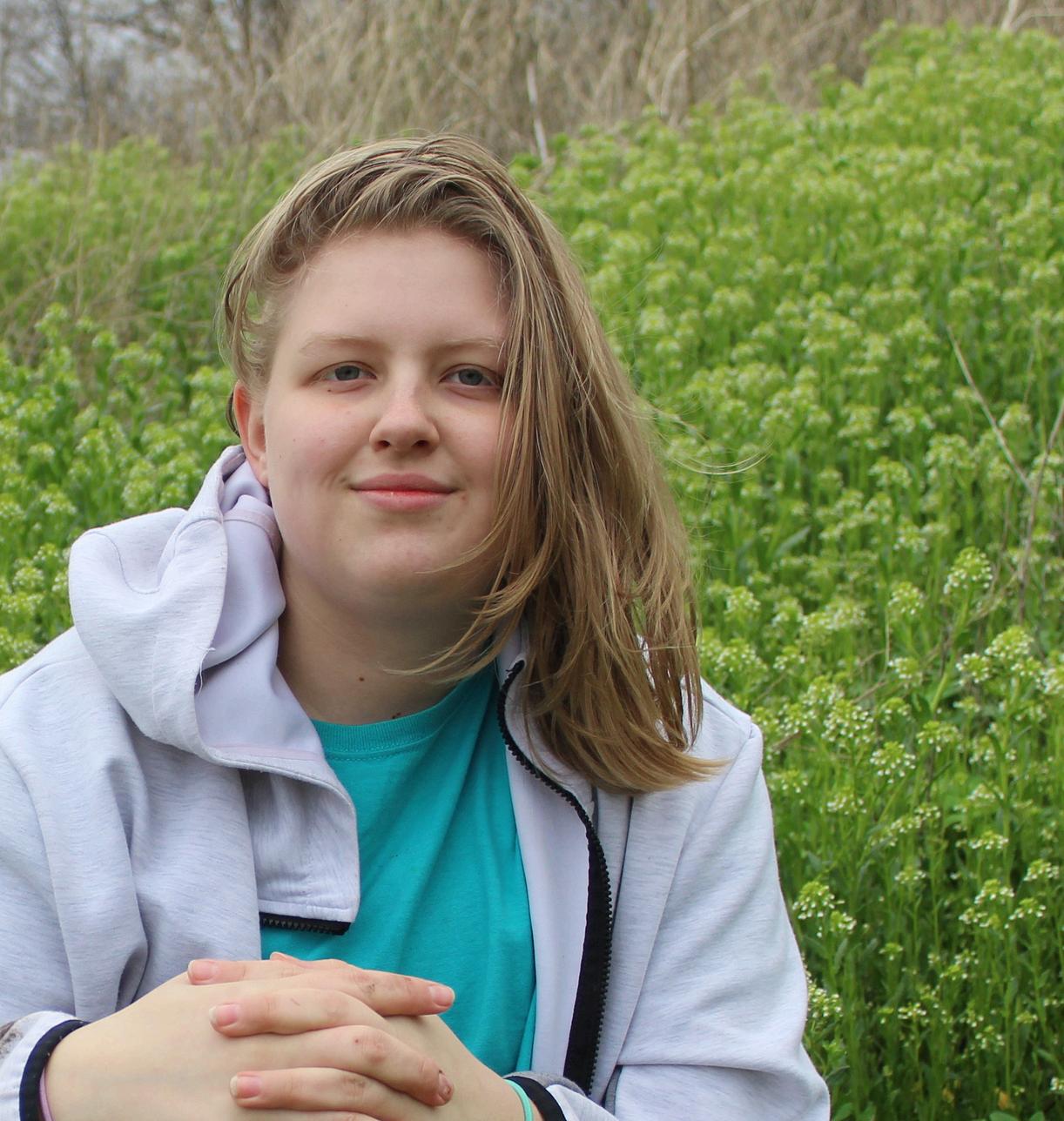
Year: Freshman
Major: Anthropology & History
Minor: Scandinavian Studies
Torii also added aspects of a “blackout” style to their piece, taking specific words from that previously mentioned book and integrating them into the poem itself This all culminates in a thoughtprovoking work that hightlights creativity, versatility, and a deep understanding of the source material
(Continued at Top of Page 28)
(Continued from Bottom of Page 27)
Lore of Gods: With the prophecy And punishment of Zeus Came the Lore of Gods. Summoned are the Blood heirs of The old heroes, who Slayed monsters and Kings of past Nine betrayers, a demand For cruel revenge. Nine gods shall walk Walk the Earth as Mortals, the ones they So despised For seven days, Every seven years, In the Argon, They shall become What they so despise Those who kill a God shall take Their immortal life blood. Until the final day, Which only one Remains who is made Whole So, it be.
But until then, Argon continues After millennia of hunting, Only three originals remain, Five dead and one missing

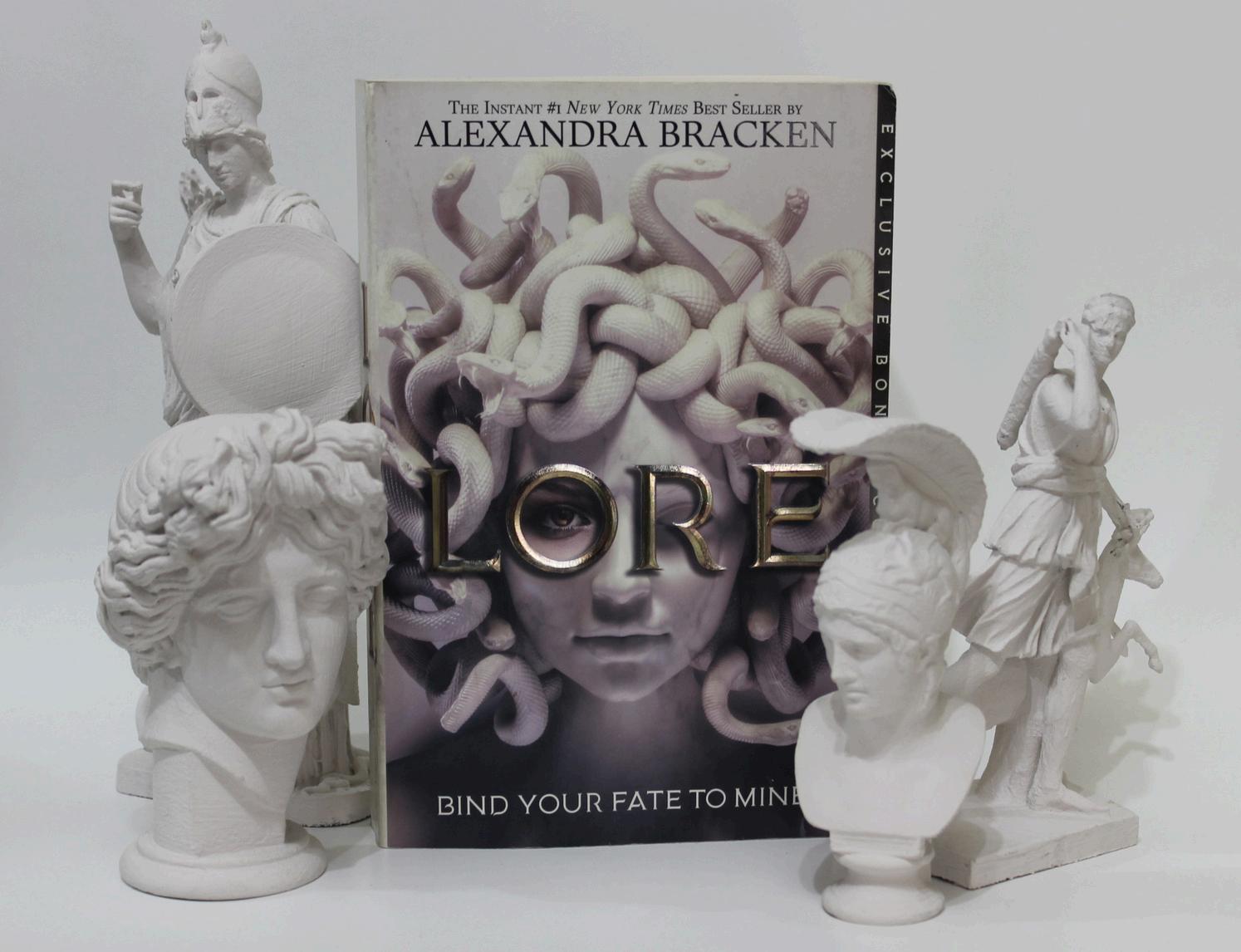
The three remaining originals, Athena, the last of sound mind Artemis, gone from sane Hermes, hidden away Poseidon, Dionysus, Ares, Aphrodite Gone, replaced with fakes Hephaestus long removed by greed Apollo, missing, Never seen for Seven years, Since the last Argon Wrath, the new Aries With wanting to end The Argon for all, To keep his stolen power For all eternity Athena, who stands opposite Wrath, finds an ally In a bloodline near gone, In Lore.
Only to then Leave her with the New Apollo, An old friend, One thought To be lost
Having betrayed her ally For the new Aries. For when all seemed lost, After the others were Gone Only to sacrifice herself Dying at Lore’s hand Helping to make the sacrifice
Making Lore never free, With a warrior’s kill and A god’s final reckoning With a prayer to sky, One to give a choice. To release them One which was answered, With wind singing an Ancient song, One of times past, One that allowed warmth To spread through
For no longer immortal, But mortal again Gone with the Argon, Forever. Peace has come, Finally

BY: ARYA HAALA (BIOMEDICAL SCIENCES)
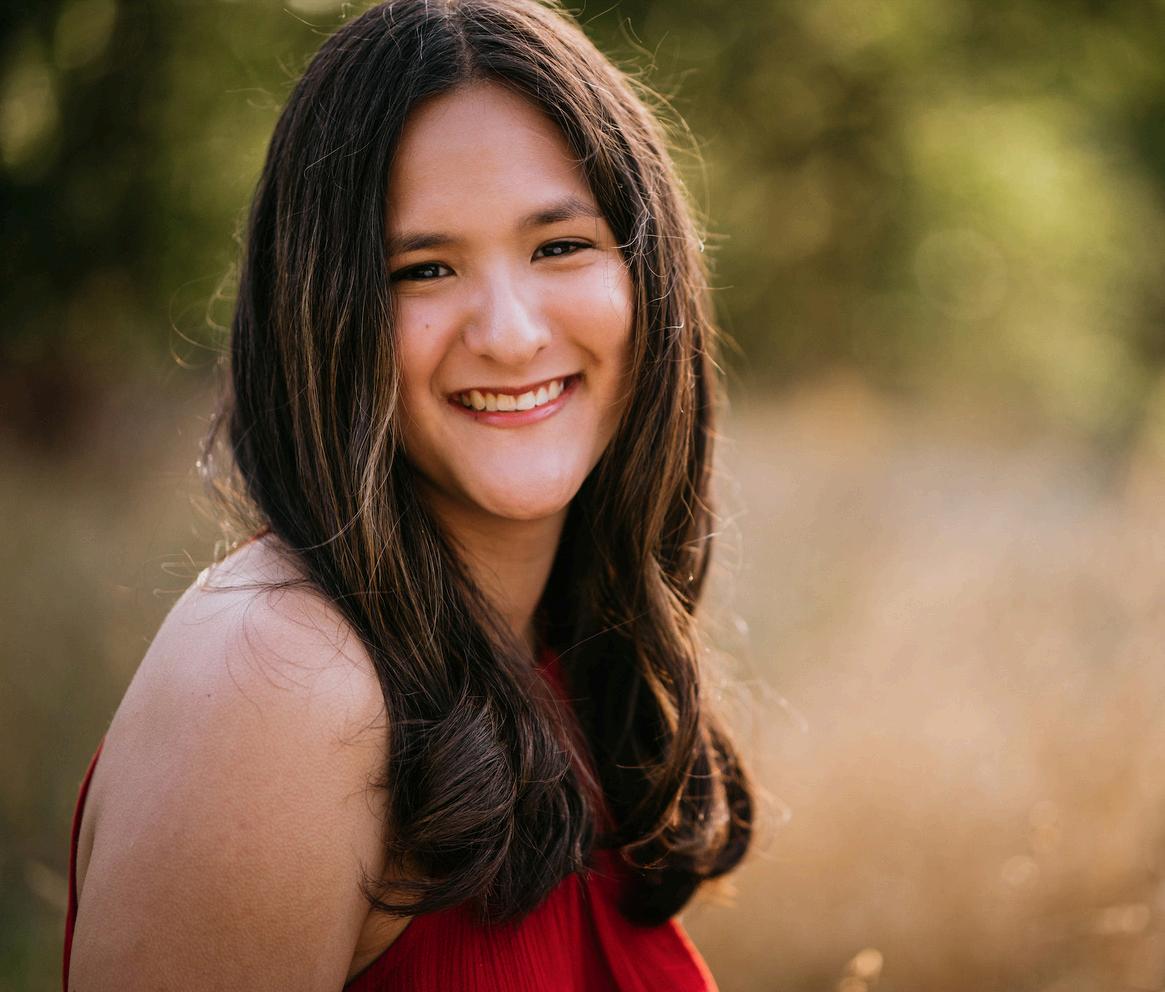
Year: Sophomore
Major: Biology & Anthropology
Minor: Chemistry
In this article, second-year Biomedical Sciences student Arya Haala reflects on her experiences with lab research through her involvement in the RISEbio Learning Community She details the lab processes that she learned, the skills that she acquired, and the ways that her RISEbio experiences impacted (and continue to impact) her life
My name is Arya Haala, and I am a sophomore studying biology here at Minnesota State University, Mankato Last year, I joined the RISEbio Learning Community which allowed me to connect with students who share my interests, goals, and demographics A learning community connects students and holds events and study sessions for them to build community and thrive in their academics. The RISEbio learning community comes with a bonus of small research streams. There are three streams, which are now studying mice thyroids, environmental stress in trees, and the functions of vitamin C Students pick a stream they are interested in and spend the next two semesters working under a professor as they learn all about research In the spring of 2024, I began the RISEbio research stream as part of the learning community program The stream I chose to study was working with green anole lizards under Professor Rachel E. Cohen. The research stream worked with measuring how much of a specific gene was “turned on.” This would help us understand why certain genes are more active than others under certain conditions such as season and gender I worked with a partner for the duration of the project
(Continued at Top of Page 30)
(Continued from Bottom of Page 29)

Green anole lizards (Anolis carolinensis) have distinct breeding and nonbreeding seasons They display different behaviors and morphological changes, such as changes in dewlap displays, pushuplike movements, territorial behaviors, and gonad size. Our question is to determine the role of gene expression in these seasonal changes Implications of our research on gene expression could lead us to better understand the relationship between behavior changes and gene expression We examined genes ADAM9 and BHLHE40 for their expression level in the breeding and nonbreeding seasons between males and females ADAM9 regulates the forming of blood vessels and developing neurons in the brain and cell-to-cell interactions. BHLHE40 regulates circadian rhythm and is a DNA-binding transcription factor. We predicted that ADAM9 would be upregulated in the nonbreeding season while BHLHE40 would be upregulated in the breeding season based on their functionalities We designed three primers for each gene, testing each to determine the effectiveness in amplifying the correct sequence, and chose one primer set each to move on with We also prepped samples through RNA isolation and cDNA synthesis to be used later in the experiments Currently, we are working on qPCR which allows us to measure the amount of a gene expressed in each individual animal, to determine expression in breeding and non-breeding seasons between sexes. This study will help us to understand the impact of gene expression on behavioral changes, which could provide insight into the human genome and its influences on our behaviors
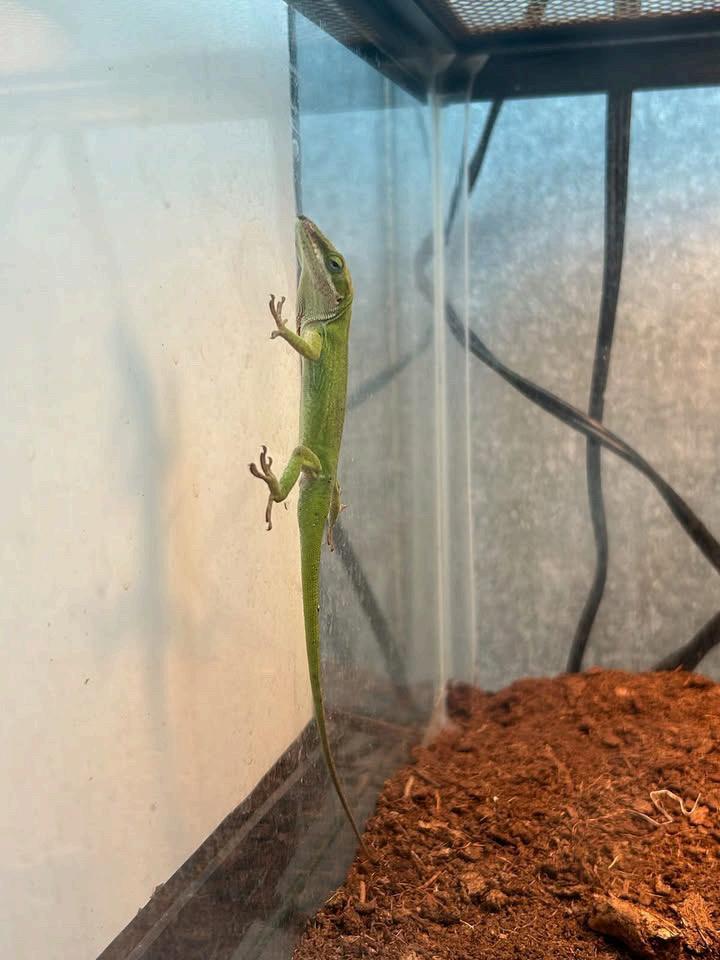
When I started in the lab, I had no idea how to do research. I had only been in class labs with more simplistic procedures and lots of instruction Luckily, the RISEbio lab explained the steps to begin and implement research before we got started We learned how to pipette and run a gel, along with the names and purposes of equipment within the lab In addition to slowly introducing us to the lab, the RISEbio lab provided us with an amazing TA and peer mentors to guide us through protocols and techniques As mentioned before, I was partnered with another member of my RISEbio cohort to learn together and help each other throughout our two semesters of lab (spring 2024-fall 2024) Working in the RISEbio lab helped me learn hands-on skills in the lab and improve my confidence, critical thinking skills, teamwork, and presentations. This experience also allowed me to enter Dr. Cohen’s lab full-time outside of RISEbio and continue working on research with her
(Continued at Top of Page 31)
(Continued from Bottom of Page 30)

I encourage all students to be engaged in research, to acquire new skills, make new connections, broaden their knowledge, and bulk up their resume/application There is often a stigma around research that only the hard sciences can participate However, research stretches beyond STEM and can be applied in business, arts, humanities, literature, and more. I hope to see more students participating in research to help educate others and start on a journey of academic and personal growth

Year: Junior
Major: Communication and Media Studies
Ensemble(s): COncert
Choir (3), Chamber Choir (2)
Below is a condensed transcript of an interview with junior Communications and Media Studies major, Katie Danhof. Conducted by the editor, this interview follows Katie as she recounts her history with music and the fine arts, her love for choir, and the many ways in which she hopes to continue her creative expression in the future.
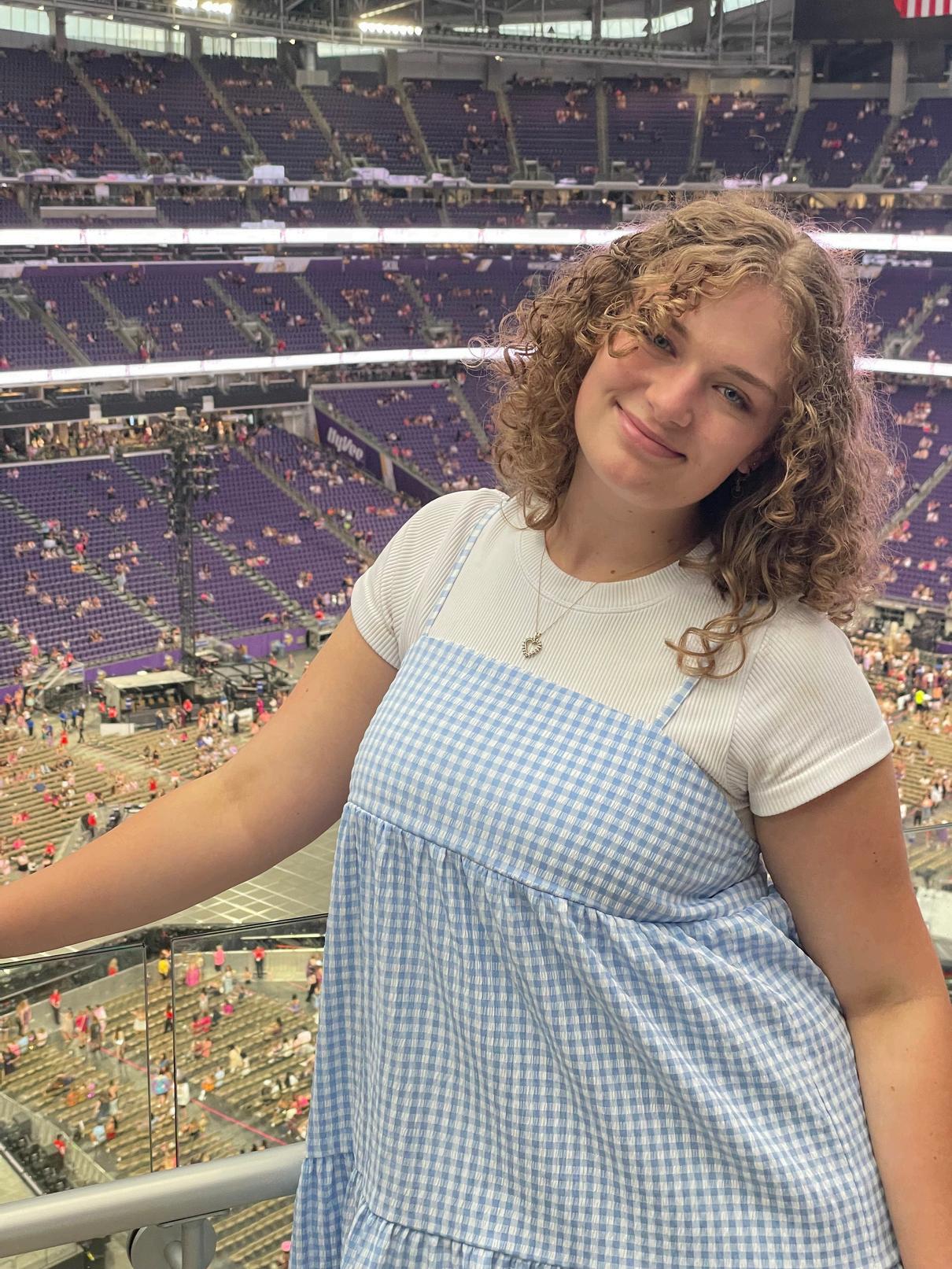
Click here to listen to the full interview online OR copy and paste this link: https://link mnsu edu/b1t
Editor: ”Hello! Thanks for being here, would you like to introduce yourself?”
Katie: “Hi! My name is Katie Danhof I’m a junior, Communication and Media Studies major. I participate in a lot of stuff here on campus- I’m in the Honors program, I am part of a podcast, and what you are interviewing me for- I am part of the concert and chamber choirs here at MSU ”
“Awesome. Yeah, so concert and chamber choirs- would you like to tell me a little about those ensembles?”
“Sure! Yeah, so for concert choir we meet four days a week, for an hour We have a couple of sectionals and things like that that, but it's a really big group I think we have about 70 people this year, all participating. I’m in the Alto section- so that’s like the lower, more female voices; although it’s not always just girls yeah it’s really fun, it’s a really big community- lots of people who just love to sing And it’s not (just) music majors, like I said, I’m not a music major... it’s just a really good way for me to stay involved and stay creative.”
(Continued at Top of Page 33)
Issue XXIII, 2024-2025

(Continued from Bottom of Page 32)
“For chamber choir, we meet two days a week It’s a more exclusive kind of choir- we did have to do a bit of an audition- it wasn’t super intense but it is more select I really like (chamber choir) because it reminds me of some of the things I did in high school ”
“And both of those are run by Dr. Cherland, right?”
“Yep! Dr Cherland’s the director, she’s awesome She’s pretty new here, I think she started around the same time I started here, so two years ago ”
“Very cool. So chamber choir: you said that’s sort of an audition group?”
“Yep! So the way they do it is: we have placement auditions at the beggining of the year, like the first week of classes. We’ll come in, we’ll sing for Dr. Cherland and she’ll put us in a section (soprano, alto, tenor, bass) based on our voice range and then, to get into chamber, we have a callback So if we ask to be in the chamber callback, she’ll usually say yes; or she will ask you. That’s how you know you’ve got it, if she asks you.”
“But then, once you go to the callback, that’s kind of your audition into chamber It’s basically like, ‘Here’s a song Learn it ’”
“ and then she’s gonna have you sing it with everyone else, put you in a place, and if she likes you, she’ll have you sign up for chamber.”
“So how long have you been involved with music? Has it kind of always been a passion for you?
“Yeah. I mean, I think I did my very first choir in elementary school I’ve kind of always loved singing Music is very important to me- I’ve made most of my friends from choir I also did theater in high school and middle school but I made most of my friends through music... so yeah, I think I really got involved in choir in middle school (and) I had a fantastic director and really good friends It was such a good experience, I just wanted to keep it going Then I hit high school, and again- amazing directors, amazing teachers, good friends, and I just loved choir so much that I wanted to keep it going here ”
“Just fell in love with it.”
“Absolutely! ...(music) has always given me a place to be, and a place to belong...”
“ I loved that so much in high school that I wanted to find a place like that here I just tried it out and it was a great community, a great teacher, and yeah... it just kind of stuck. ”
“Awesome, that’s really great.”
(Continued at Top of Page 34)

(Continued from Bottom of Page 33)
“So this issue of the beacon is focusing on creative development and that aspect of the Research, Creative, and Scholarly Development Competency. So, either in Honors or in your music career (or both), how have you been able to express your creativity and develop creatively in a way that you didn’t expect?”
“Oh in a way that I didn’t expect? Well this has nothing to do with choir or music, but I just added a a Graphic Design Certificate That’s something that I had no knowledge of and I just took an intro class and was like, ‘this is awesome!’”
“So I think that trying new things and really like sticking to my ‘creative guns’ almost- like I know I’m a creative person so I can probably do pretty well in other creative areas, not just singing. So I think just kind of sticking myself out there in the creative world really allowed me to express myself and a different part of my creative brain, I guess ”
“Alright, so the last question is kind of a twoparter: What do you think, across your musical career, has been one of your greatest memories? And if you have anything in the future that you’re excited for, what might that be?”
“Well... I think high school was a lot of fun for me- with choir and the musicals So my high school does this thing called Bravo ”
“ it’s kind of like a show choir, musical kind of thing... just like a compilation of song and dance, you know? And I did it three out of the four years, I didn’t make it the first year But that senior show was just so much fun because I literally grew up with most of those people and we all just bonded so much over our time, especially Covid- it really affected us. Singing... you can’t....
“It’s hard to do on Zoom.”
“Yeah! On Zoom, or like if we were together, we had to be super far apart... and we just wanted to sing together and that was hard. So coming back our senior year, when everything finally got to go back to normal, and it was the same Bravo that everyone has known and loved for so many years oh my gosh, I literally just sobbed on on stage, just seeing each other. It was truly like, my peak high school moment, I think Just being able to be on stage, finally, with all of my friends ”
“In college we sang this song, it was called “Swing Low, Sail High” by the Wailin’ Jennys. It’s... you’ve probably never heard of it, but I highly recommend it! It was just the most beautiful thing I’ve ever heard and I got to be in a small group and do a fun, little, extra ‘addon ’ But the best part about being in the small group is that I got to stand in front of the choir.“
(Continued at Top of Page 35)

(Continued from Bottom of Page 34)
“Normally, when I’m in the choir, I hear myself and I hear the people around me- which are mostly just the same part. They sound great, but you don’t get the full effect So, when I got to stand on the floor, in front of everyone else, and hear everyone around me just singing their hearts out it was like the coolest thing ever I never really get to experience that myself, I’m always in it. So just hearing that was like... SO cool ”
“Then for the future? Do I have anything going on? I don’t know maybe some more leadership positions. We have section leaders, so for each section because we run ‘separate rehearsals’ sometimes I may do that, if I had the honor to It’s not really something that I choose to do, it’s something that chooses you So maybe ”
“But other than that, just continuing to get to know the wonderful people in choir. Maybe more of the band kids, or the other faculty members, just getting more involved with that ”
“But yeah, just continuing to do choir because I love it.”
“Do you think you’ll continue to do that as well, after college?”
“Probably! I mean, I would love to I think it’s a good outlet for me, so I think I would definitely try to seek something out that allows me to have that outlet ”

“Alright, well thank you for doing this!”
“Of course! Thanks for having me, this was fun!“
*End*

BY: ATLAS JAMES (COMMUNICATION & MEDIA STUDIES)
This duo of poems were written by Communications and Media student Atlas James (pen name: Atlas Syndellle). In his pieces, Atlas invokes themes of identity, purpose, and the drive to make meaningful change Below, Atlas decribes his inpriation behind “one day we can” and “let it fall “ Connected to his poems will be a link to an artist’s rendering of the mentioned works, created by Atlas himself.
"one day we can" is a poem about how the world will always push forward If you are having a tough day, take the time to see what is there to experience. We can make the world what we want to see if we can imagine it In this poem I also explore how art for me is a way I try to create impact as well and connect closer with my own emotions
"let it fall" is a reflection on my journey to college and in it. I joke about how my life has taken a professional side, and also about how promoting yourself is more important than ever With my moving around during college, I also found that material objects have been lost and things have changed, but I am still the same person I was before
Click Here to see the artist renderings OR copy and paste this link: https://link mnsu edu/b4-

Year: Senior
Major: Communications and Media Studies
Minor: Anthropology
(Continued at Top of Page 37)

(Continued from Bottom of Page 36)
let it fall //
no one thinks as hard about an email signature as me, surely the font has to symbolize me in parody even if only with comic sans
when I start to visualize art, it always looks like something
most people wouldn’t call email signatures artbut experience would say otherwise they’re much like a bookshelf you picked out what you wanted to show first, didn’t you?
what if every shelf was marked in red?
we’re shifting to darker covers there’s less and less trinkets
with the books all gone and the travel spent, papers scattered all over the floor where you originally sat
you’ve made yourself into who you are now, but remember
they can take your childhood, they can take your faith, they can take your nostalgia, your innocence, but never your knowledge never your creativity nor you
one day we can // the blinds are tilted
It’s almost as if we forgot about the fee
there’s nothing I’d rather do than build and now all there is is breaking
sometimes when the weather is nice I’ll see lawn chairs out in the grass and remember I’m not the only one who finds destruction an adventure
art is cruel but it’s better than feeling alone
yeah it’s damaging when you find pages ripped but you can always write a new one
one day everything will be replacedwe’re all replicas of another scene and when the world is nothing more than ash the graffiti will have washed away with rain
and I can paint over it. and we can paint over it.

Year: Sophomore
Major: Psychology
Minor: Biology
Ensemble(s): Wind Ensemble (2)
Below is a condensed transcription of an interview with Psychology student, Alex
Much. This interview, conducted by the editor, contains discussions with Alex about his history with music and band ensembles. He includes a remembrance of some of his favorite musical memories, lessons learned, hope hopes for the future as he continues expressing his passion for the musical arts

Click here to listen to the full interview online OR copy and paste this link: https://link mnsu edu/b1s
Editor: “Hello! Thanks for taking some time to do this. Would you like to introduce yourself?”
Alex: “My name is Alex Much, I’m a sophomore at MNSU I’m majoring in Psychology with a minor in Biology and I like to play sports and I enjoy making music I’m in the Honors program and I play trumpet for the Wind Ensemble ”
“So tell me a bit about your ensemble, you’re in Wind Ensemble- what’s that about and what roles do you play?”
“So yeah, the Wind Ensemble is basically band in high school but transitioned into college They meet Monday thru Thursday at 3 o’clock, and there’s different end times each day We have concerts each semester with the music that we work though, and for my part, I play trumpet and I also do a little bit of flugelhorn depending on the pieces that we need “
(Continued at Top of Page 39) Issue XXIII, 2024-2025

(Continued from Bottom of Page 38)
“So how long have you been involved with music, then? Has it always been a passion of yours, or is it something relatively new?”
“I’ve played trumpet since 6th grade, I think in elementary school- it was like- when the band comes in and they have you try out every instrument... it was the only instrument that I could make a sound on, so I chose trumpet off of that.”
“So I’ve played since 6th grade and I’ve been a part of (high school) Concert Band, Symphonic Band, Jazz Band, Pep Band, Gustavus Honor Band, Big 9 Select, Full Orchestra, and now Wind Ensemble at MNSU.”
“I’ve always enjoyed making music, so it’s not like it just popped up in college or anything Music helps me take a break in life I can get lost in the notes, balance, and dynamics of the pieces that we are playing without stressing about everything else going on in life ”
“So you play a lot of music, have you ever written any music or wanted to write any kind of music?”
“That sounds really interesting to do, but I have not But I’ve tried to like, listen to popular songs and try to figure out the notes to it Actually, I think do I have a sheet at my house that has like, ‘Thomas the Train’ and easy songs that have the notes written out. So not really on a staff or anything ”
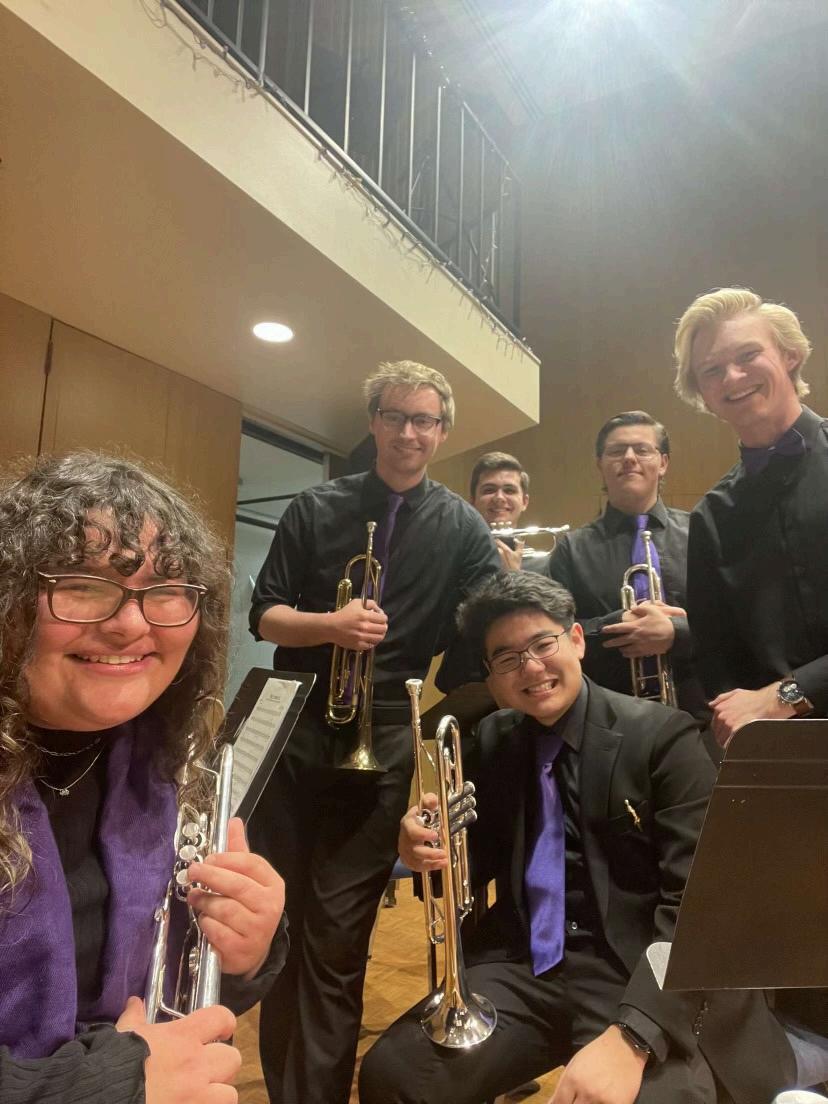
“Yeah, so kind of a way of figuring out the music as you go. That’s fun.”
“Well what prompted you to join Wind Ensemble here at MSU?”
“So I wanted to continue (playing) trumpet at MSU, like after high school, and I didn’t know what to join because there’s so many options: Jazz Band, and Mav Machine I think there’s two jazz bands and then Wind Ensemble My mom knew the professor that taught that so she said I should, ‘definitely join Wind Ensemble ’ So that’s what I decided to do.”
(Continued at Top of Page 40)

(Continued from Bottom of Page 39)
“I wanted to make a lot of friends in college, and Wind Ensemble has so many different age groups and majors- a ton of variety there.”
“There’s a bunch of grad students in there as well, right?”
“There are!”
“So, reflecting on your creative expression and development at MSU- how has that evolved through music or through the Honors program in a way that you weren’t expecting?”
“So one unexpected thing that I got to take part in was being in a pit for Carmina Burana I’ve never done that before, and it was just a really cool experience It allowed us to connect with the choir and dancers and we all (went) together to make something bigger than ourselves. So it was a very cool experience and I’d definitely do it again if we ever have another performance like that ”
Yeah, that was a huge show. You said with, choir, dance, and wind ensemble?”
“Yeah, we had to make it all line up.”
““Alright, well I have one last little bit: I’m curious, what is your greatest memory across your musical career? And then do you have anything that you’re really excited for in the future for music and for your creative expression?”
“Yeah, I have a lot for this one So starting off in high school, my favorite memory is probably when I got to play Moondance, which is a pretty popular song I got to play it in the jazz band, I got to have a solo with the tenor saxophone, and it was during Covid year so we had to wear a mask That really made me remember it I remember feeling great while playing the piece because it’s a super cool piece and it was just really fun to play
“Another favorite memory that I had was being the ‘horse winny’ at the end of Sleigh Ride I thought it was a super cool part that I got to partake in for three whole years.”
“And then in college, I’ve made amazing memories so far in Wind Ensemble: Our last concert, so last year, we played a really difficult piece called Arabesque...“
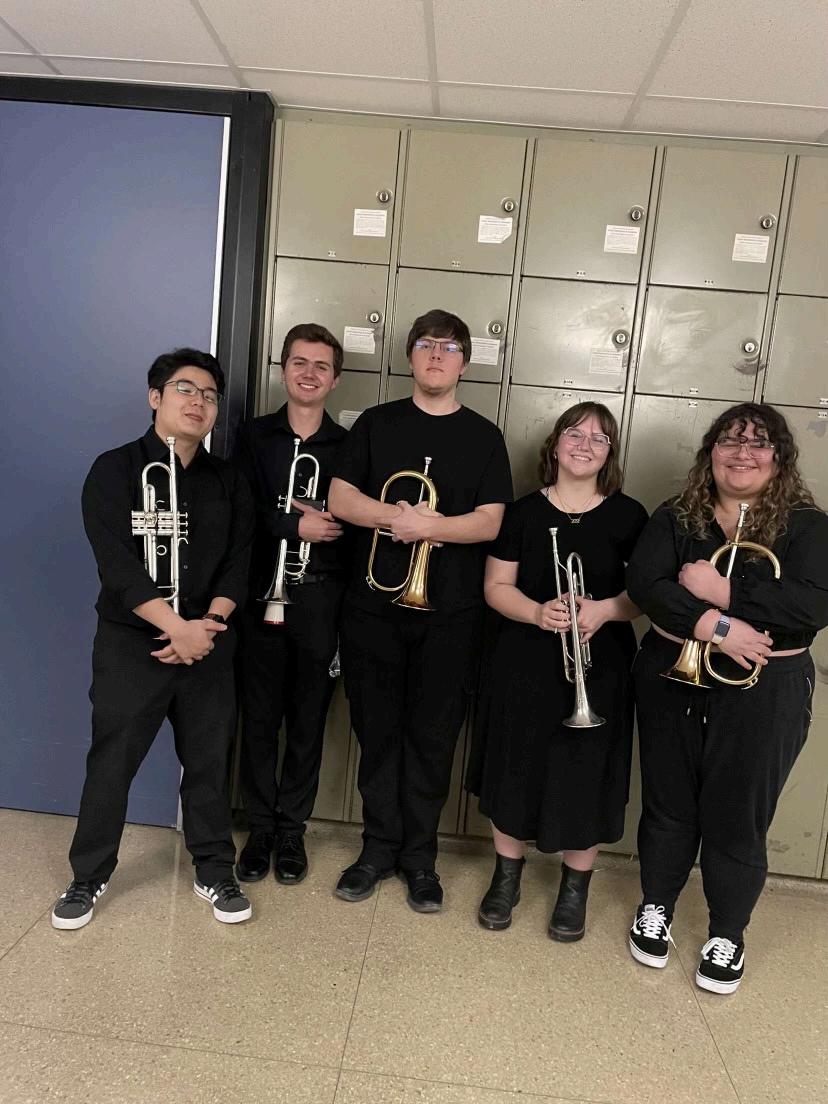
(Continued at Top of Page 41)

(Continued from Bottom of Page 40)
“ and I thought we just played it, like, super goodso I was really happy with that.”
“I also enjoyed “MSU Honor Band” because we got to show high schoolers what it would be like to come to MSU When I was in Honor Bands, I remember seeing how cool they looked, being able to know all the pieces and stuff, and now I get to pass that on to someone else.”
“And then for the future, I look forward to continuing making music with the Wind Ensemble I’m not sure if I’ll join any other ensembles, but it sounds interesting. There are great musicians that graduate each semester so I’m looking forward to meeting new friends that step up to fill their places ”
“Awesome. Well thank you, Alex. Do you have anything extra that you want to say?”
“Uh if you’re a trumpet player, please join Wind Ensemble ”
“We need trumpets in Wind Ensemble- how many are there right now?
“Well there’s five, but two are going to graduate (this semester) and one is going back to Japan so we’re gonna have three left after this semester ”
“Three this semester... and then next year, who knows? Join Wind Ensemble if you’re a trumpet player.”
“Yeah, or any! Any instrument!”
“Yeah, open for all.”
“Well thank you, Alex!”
“Yeah! Thank you, Ian!”
“Of the Sky” - Toriinlee Dokken pg. 44-45
“Twilit Mysteries & A Spectrum (of Gray)” - Gwen Brandt pg. 46-47
“Salvaging Light: Finding the Beauty in the Everyday” - Alexa Johnson pg. 48-49
“The Art of Movement” - Payton Hedderman pg. 50-52
To read more about these artist and their individual pieces, Click Here OR copy and paste this link: https://link mnsu edu/b5t

Toriinlee Dokken
Year: Freshman
Major: Anthropology & History
Minor: Scandinavian Studies
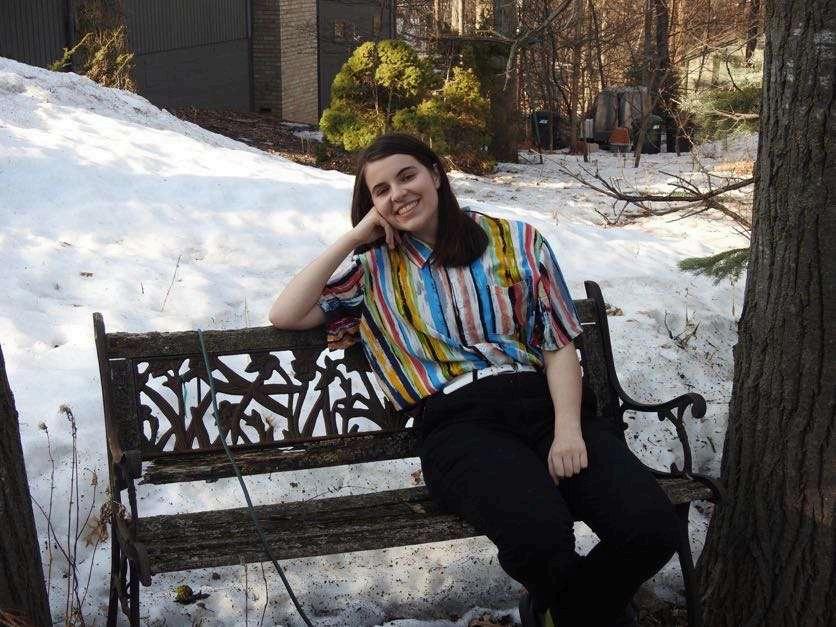
Gwen Brandt
Year: Sophomore
Major: Physics


Alexa Johnson
Year: Senior
Major: Creative Writing & Art
Minor: Music Industry
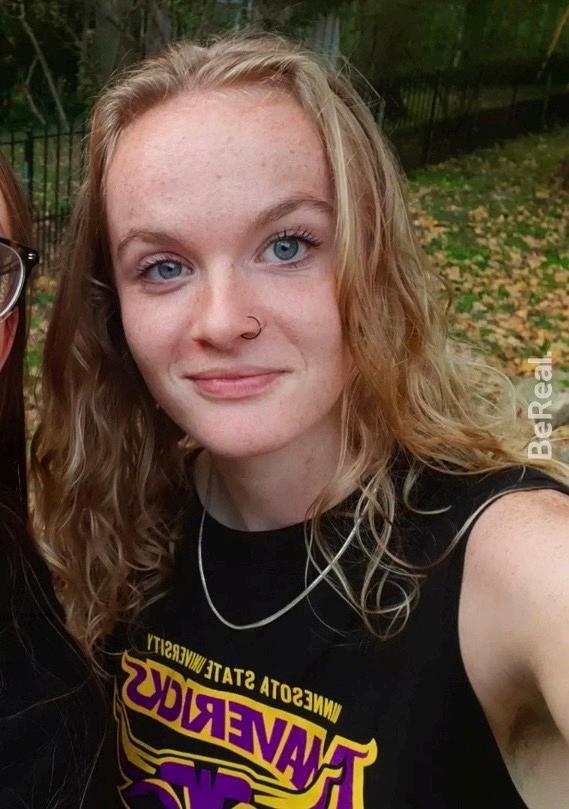
Year: Senior
Certificate: ASL Payton Hedderman
Major: Interdisciplinary Studies
Focus: Graphic Design, Biology, Marketing
“Of


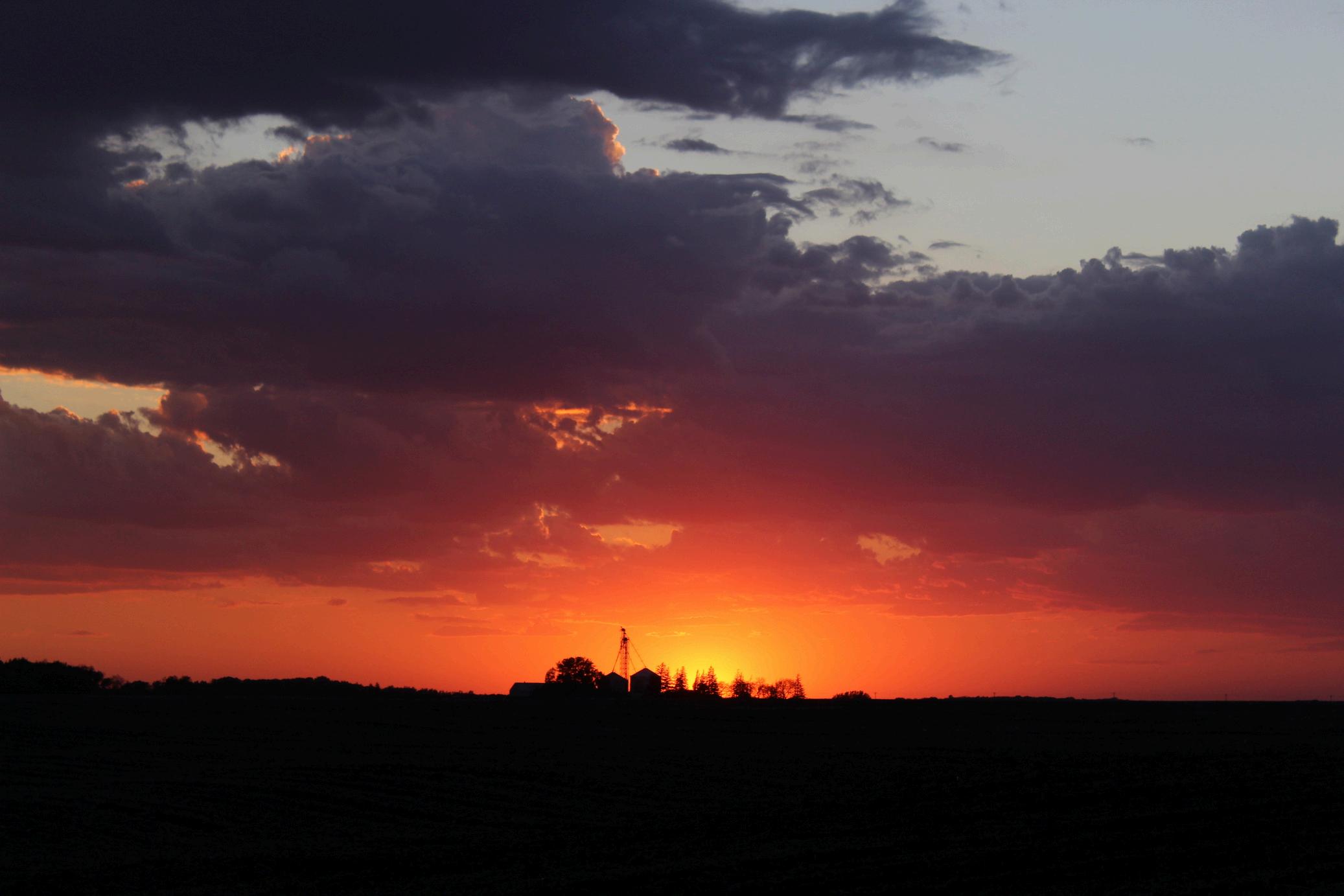
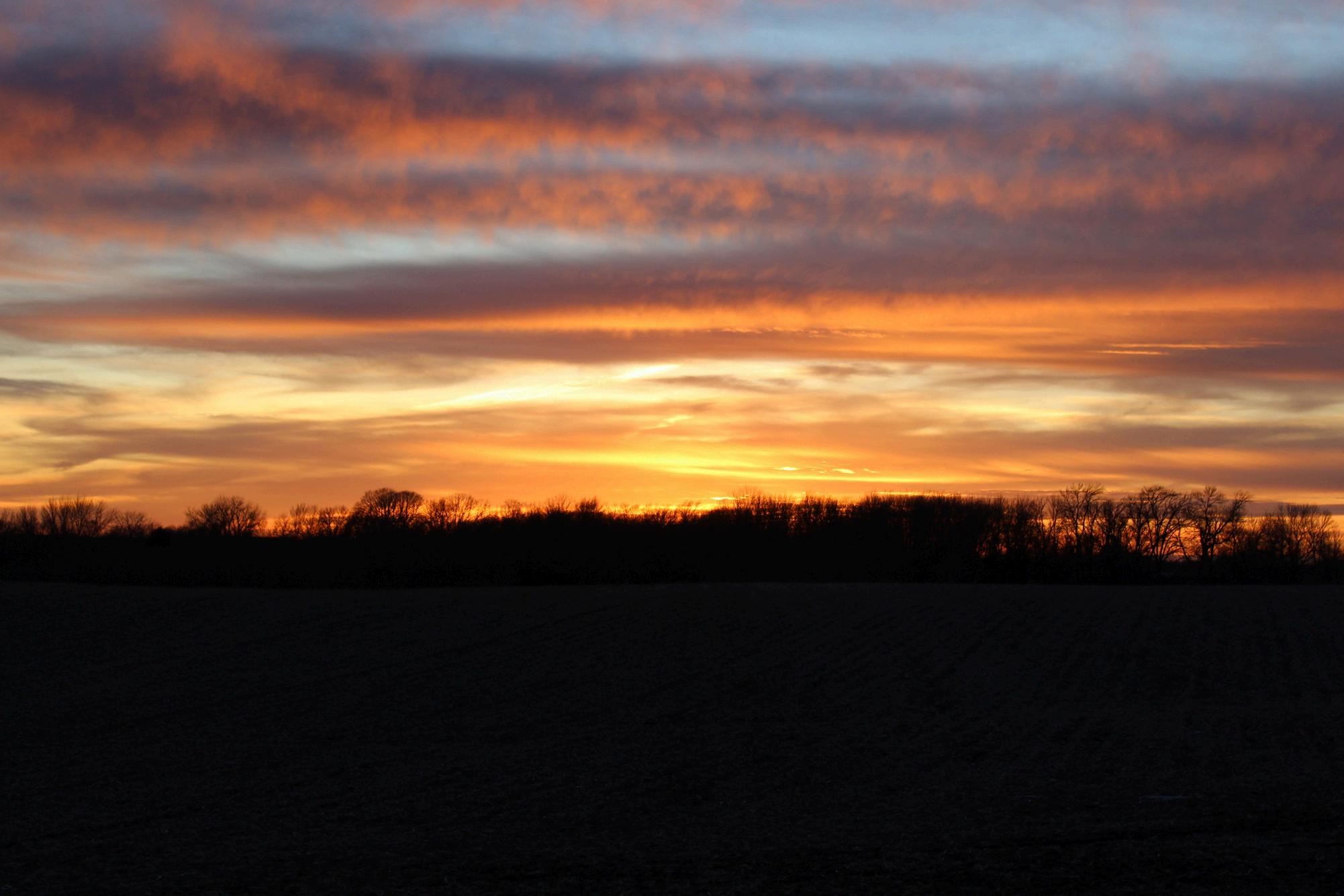

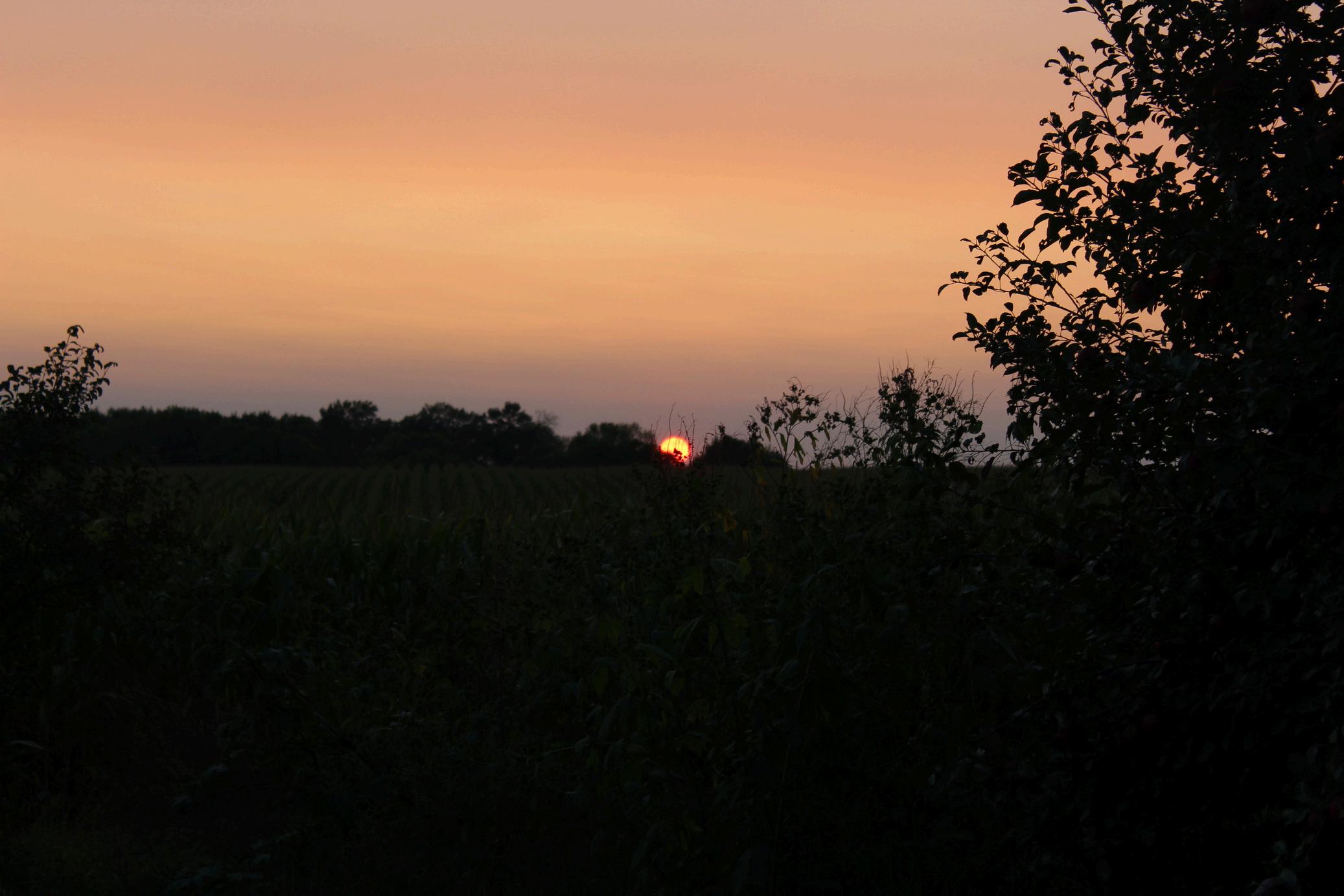
“Twilit
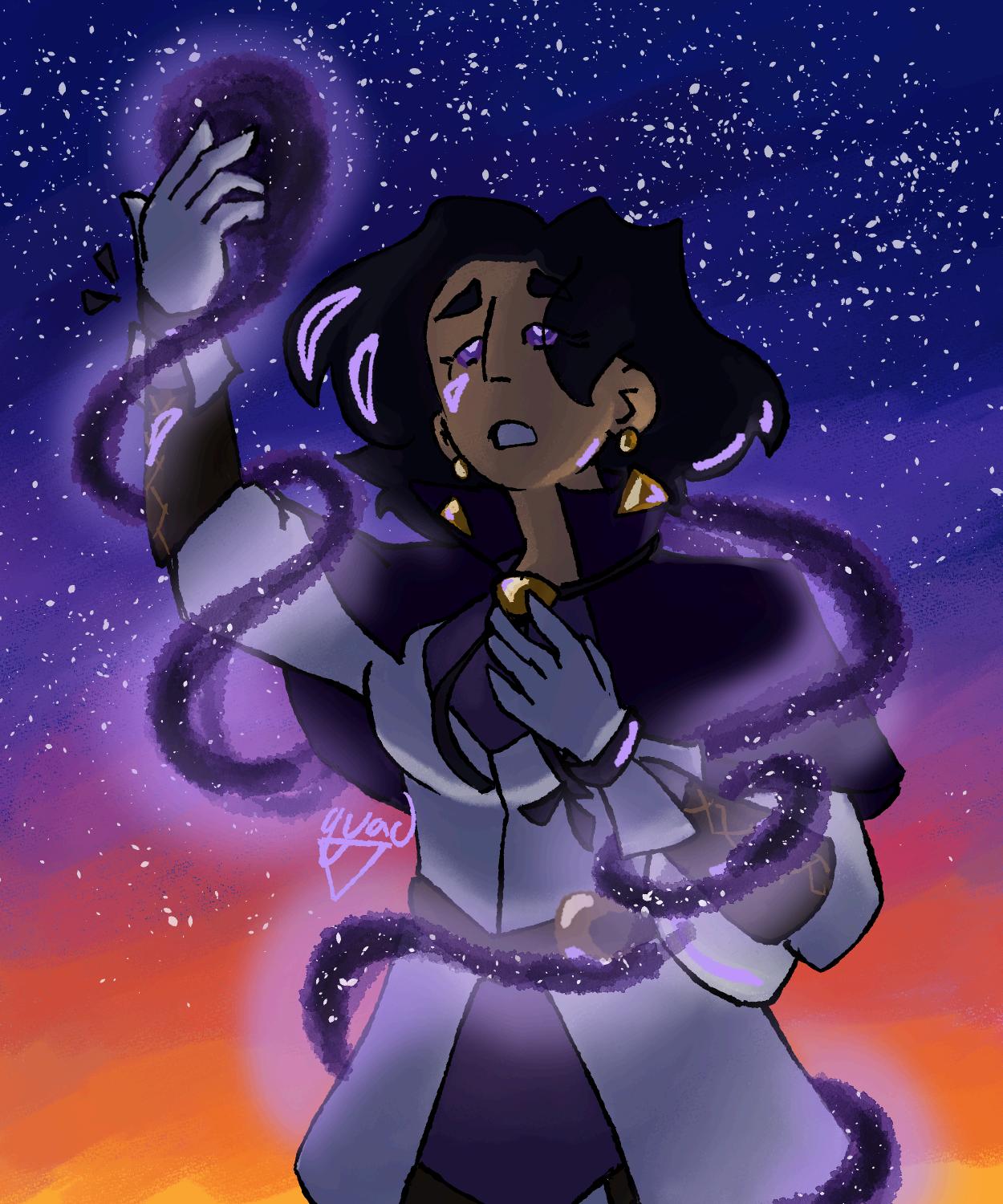
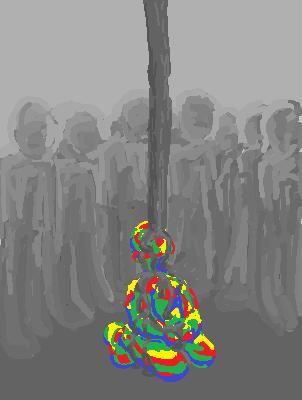
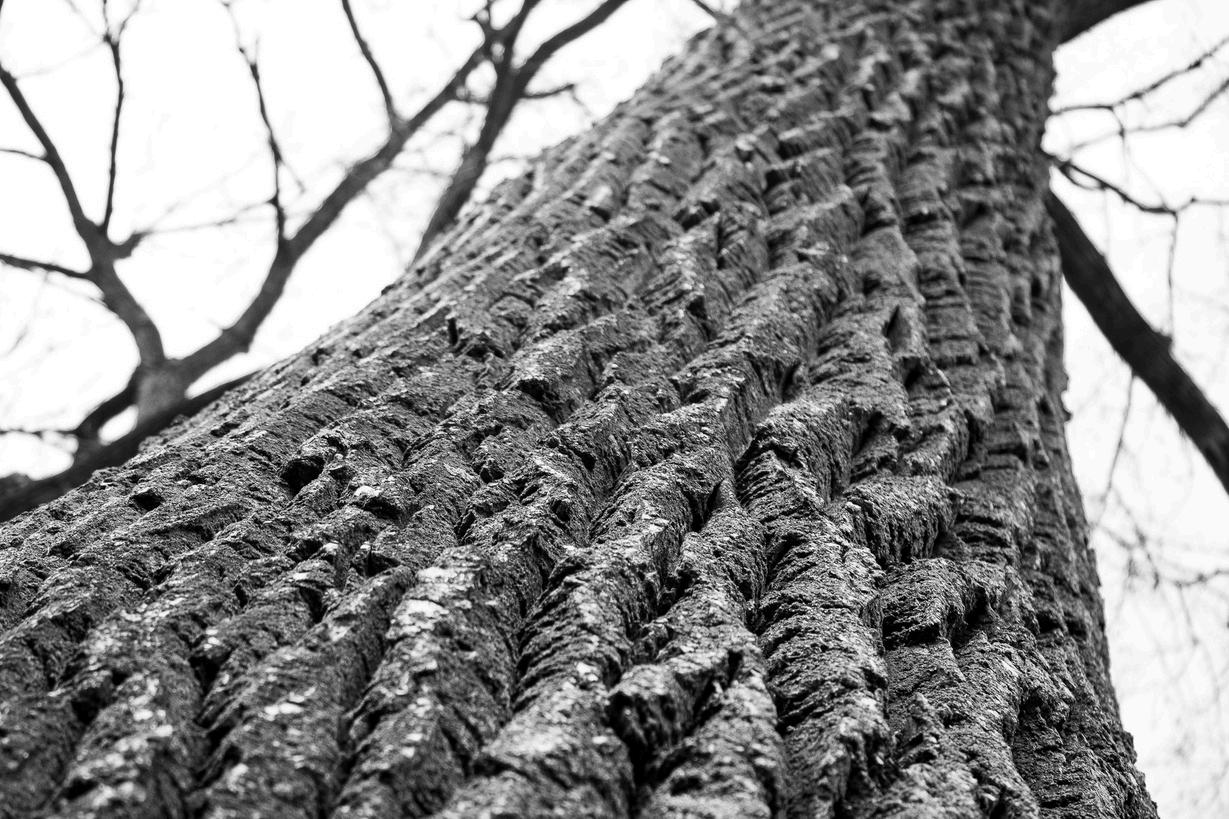
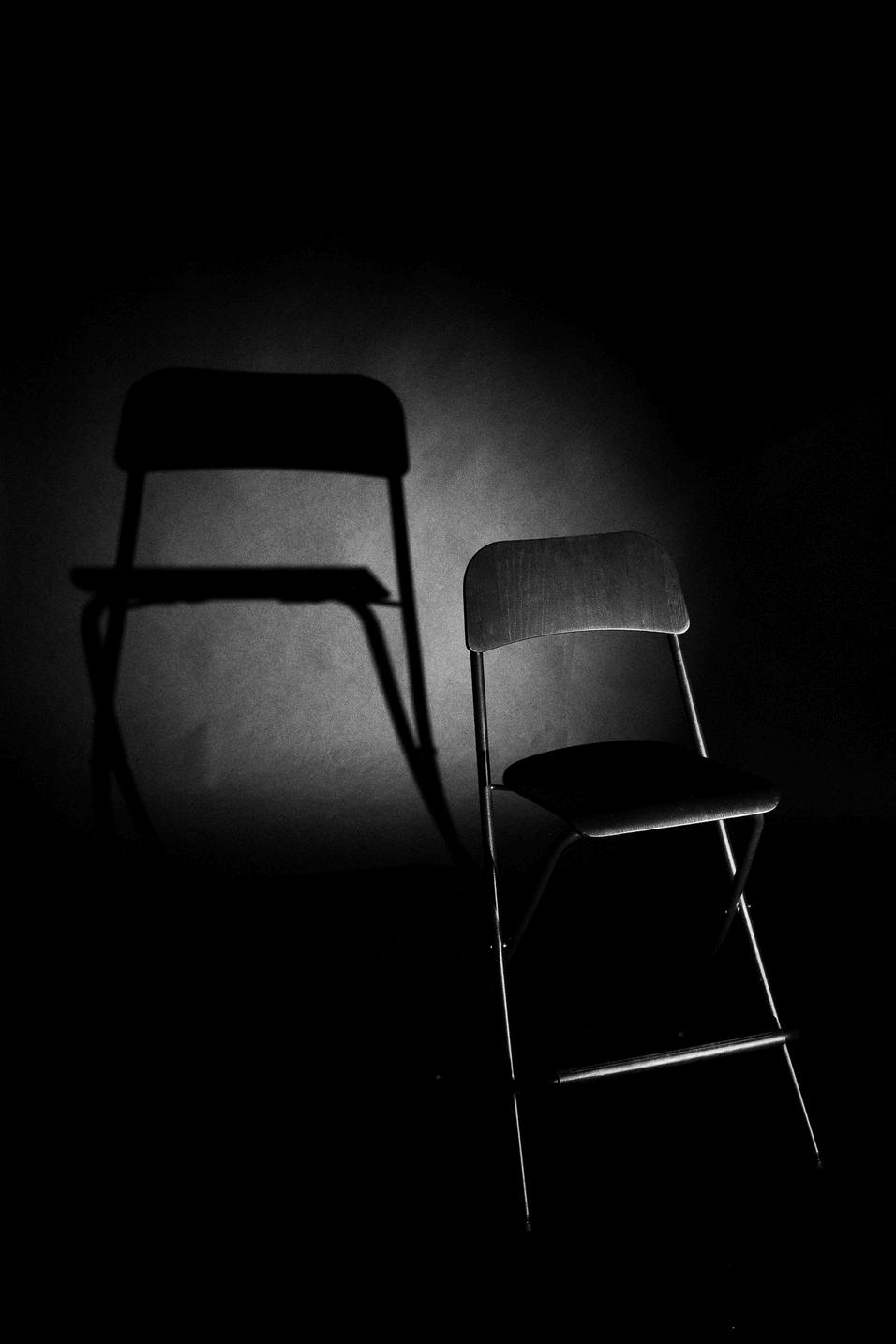
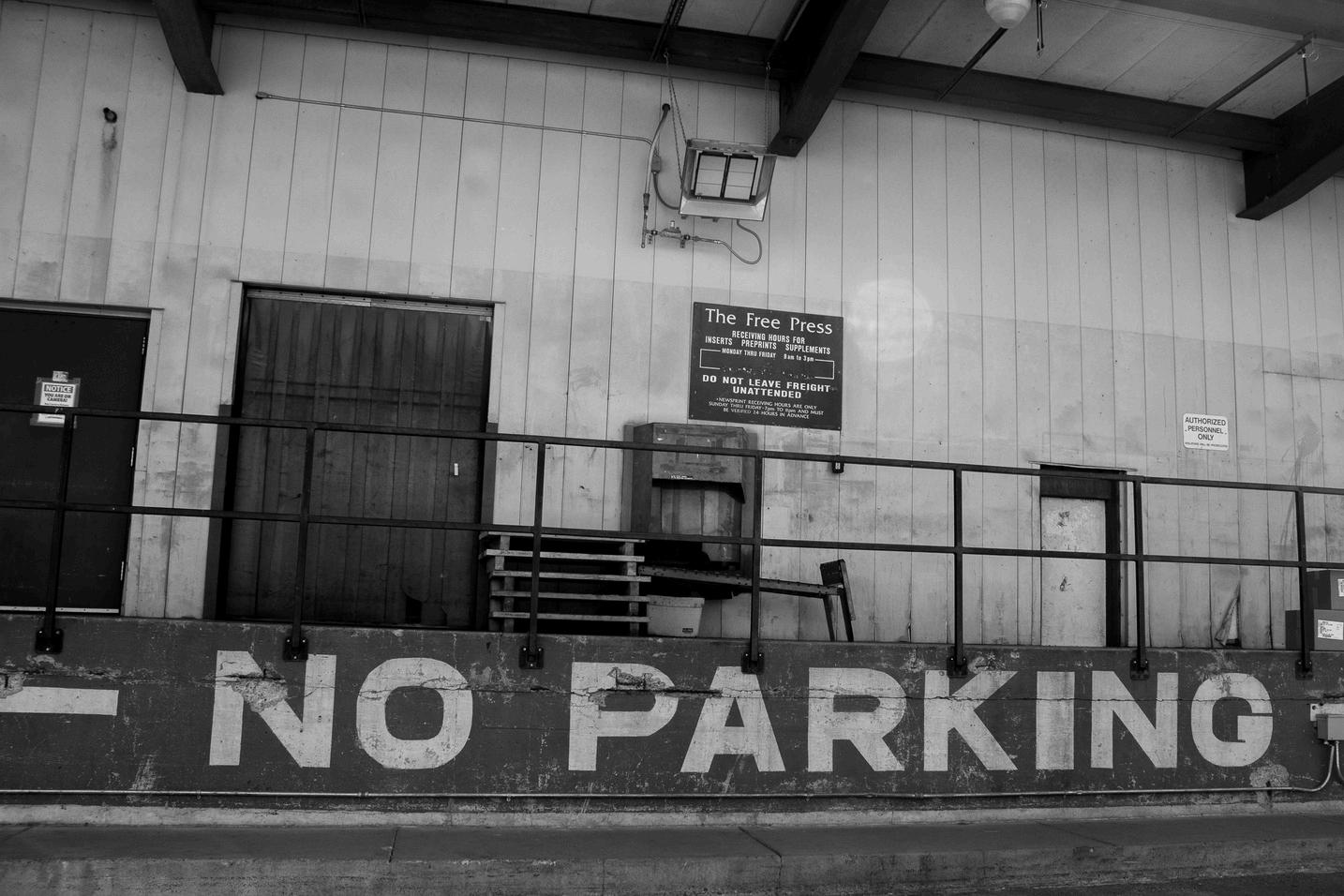
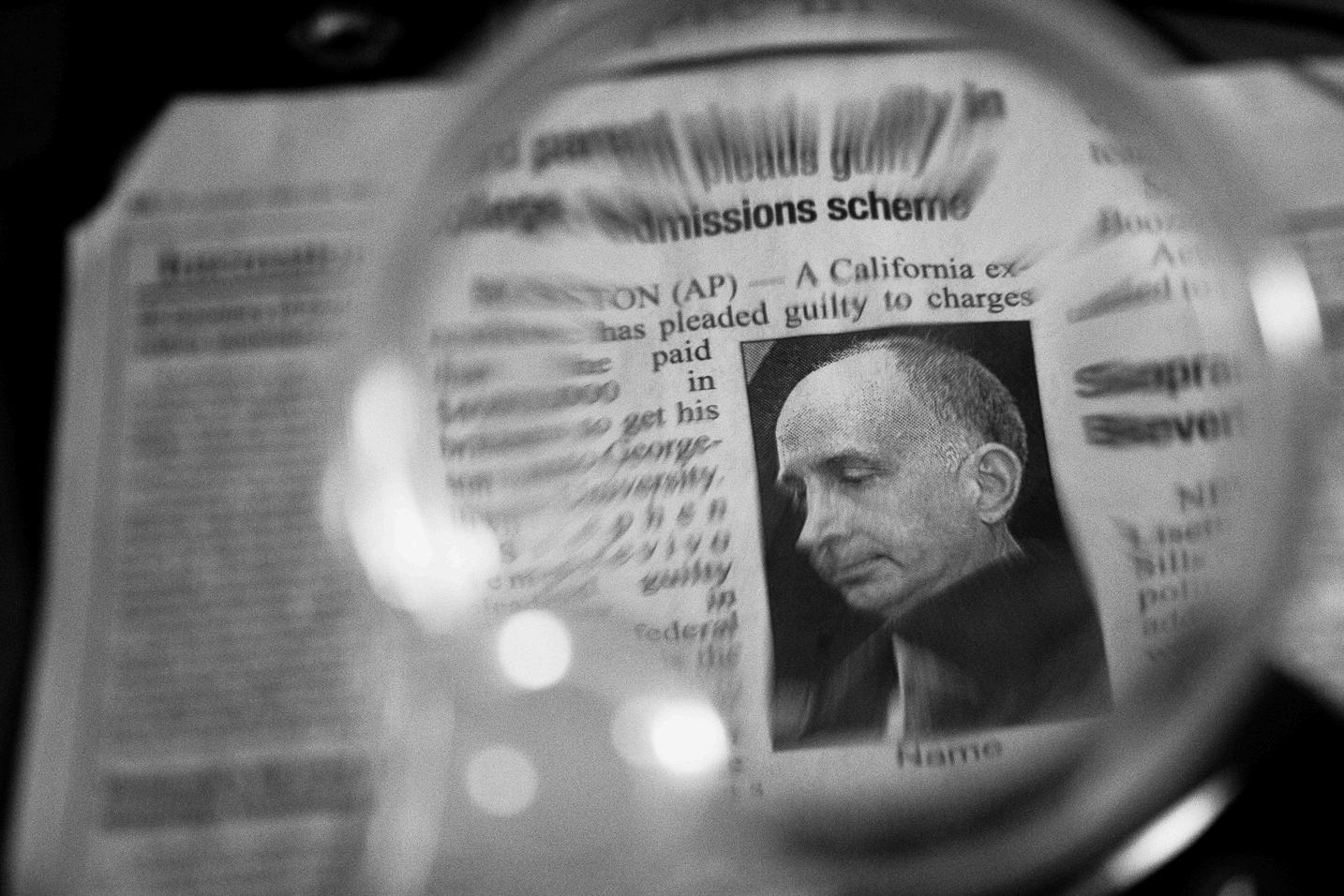
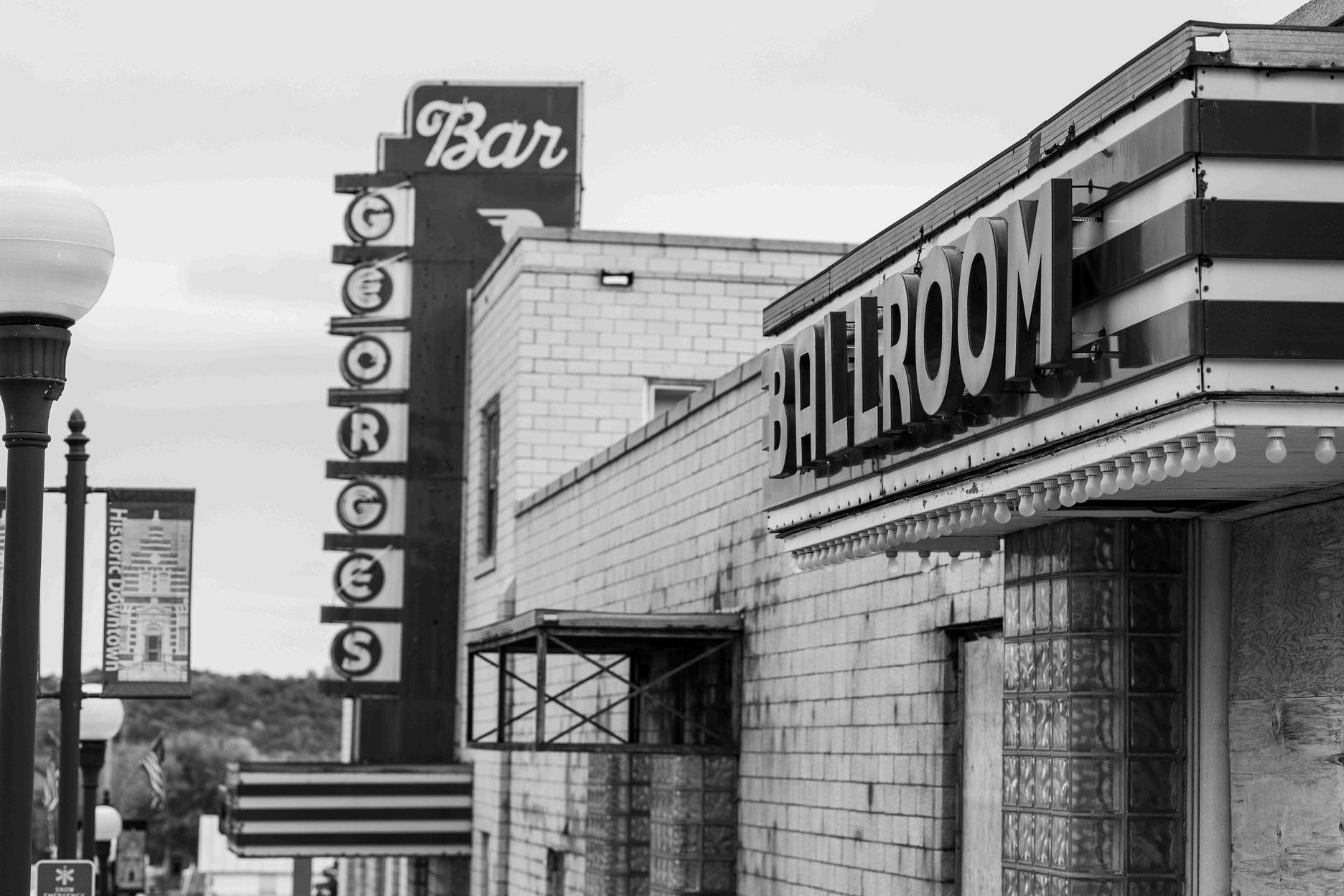
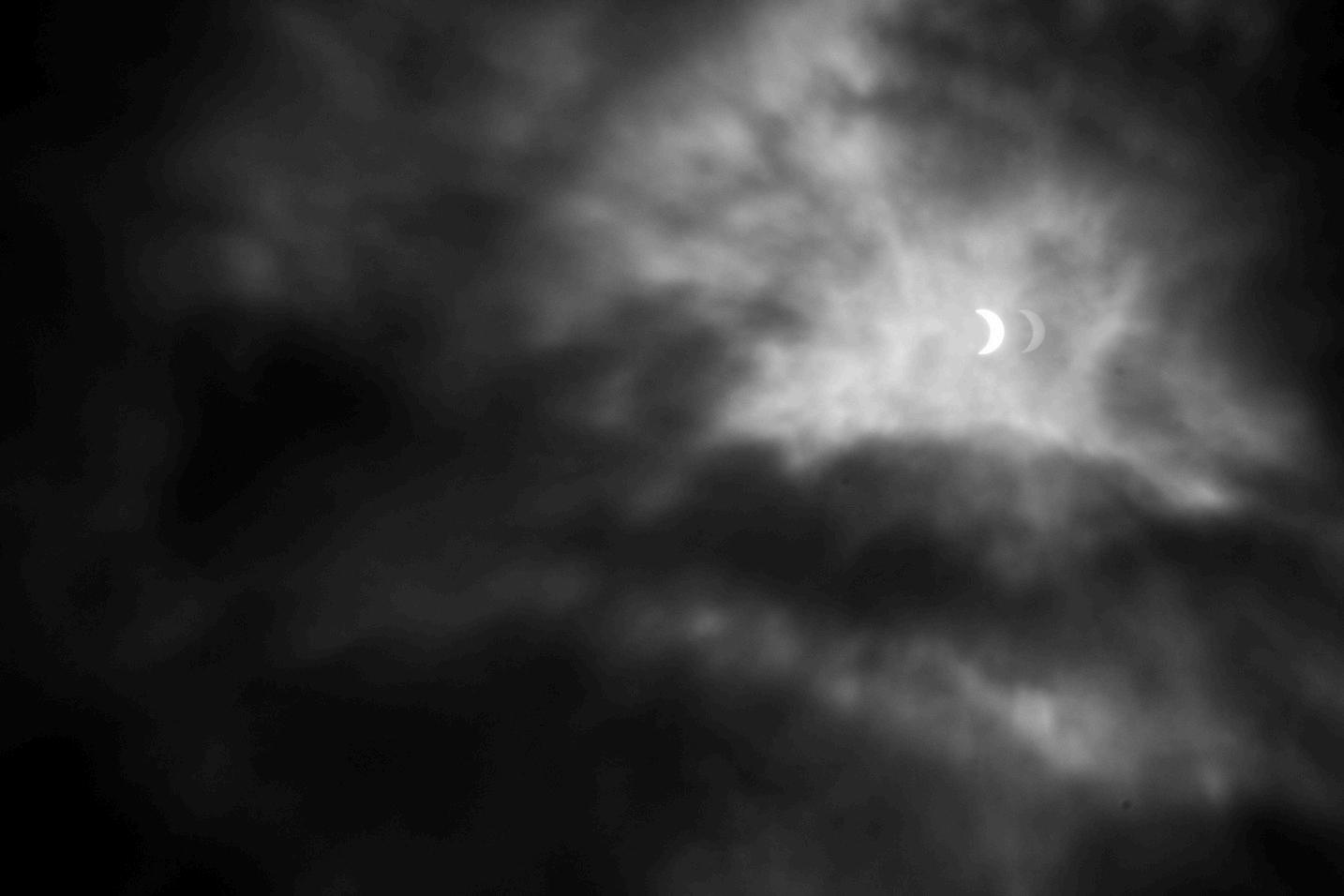

“The
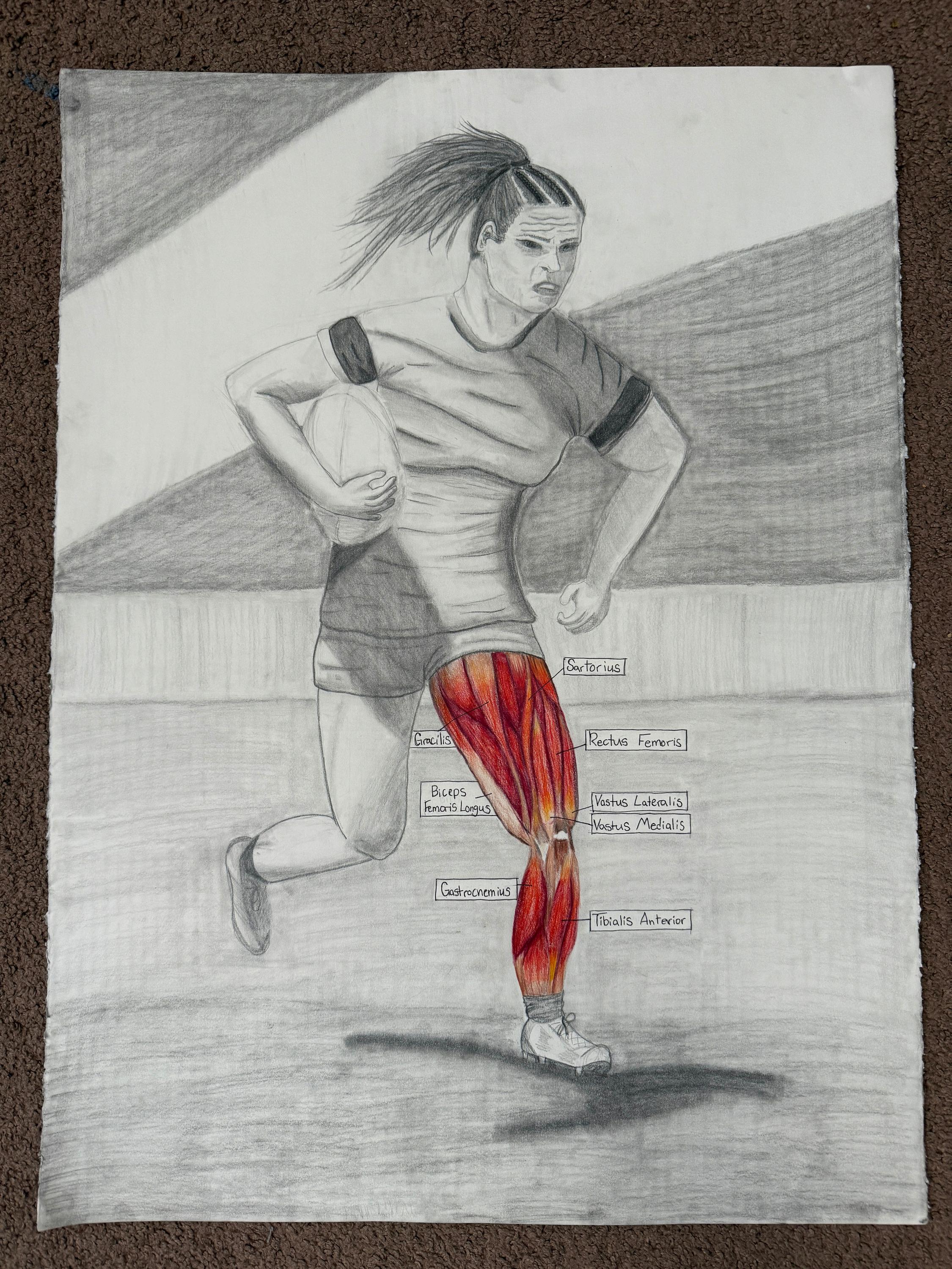


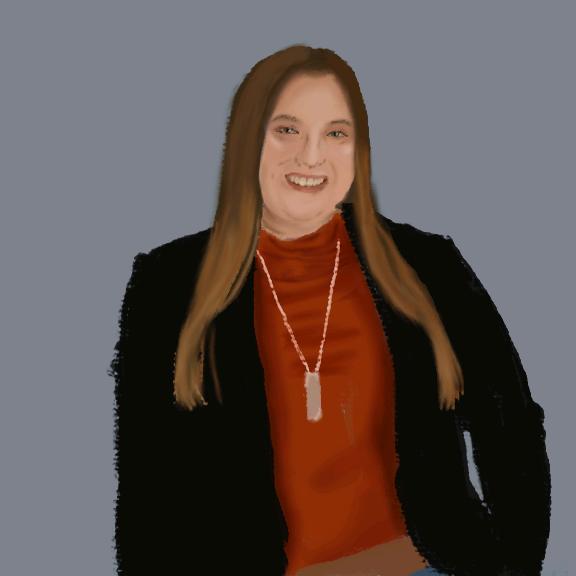

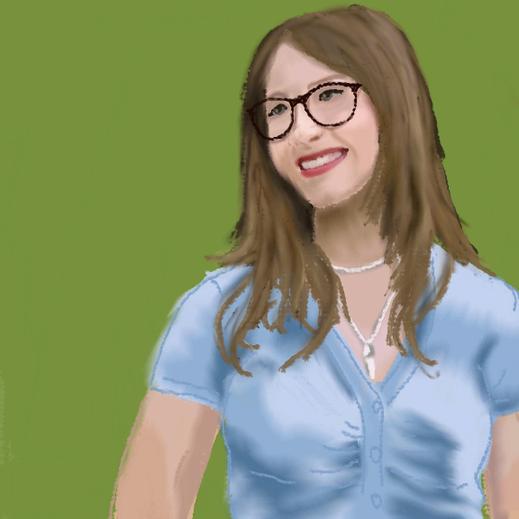
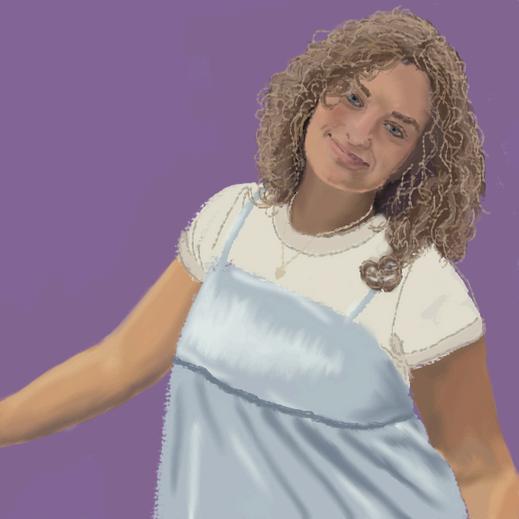
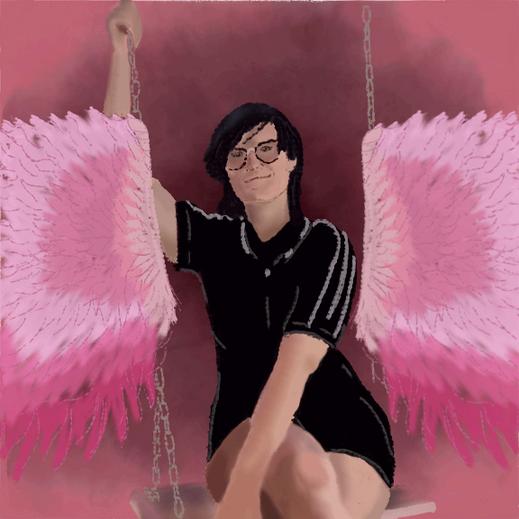
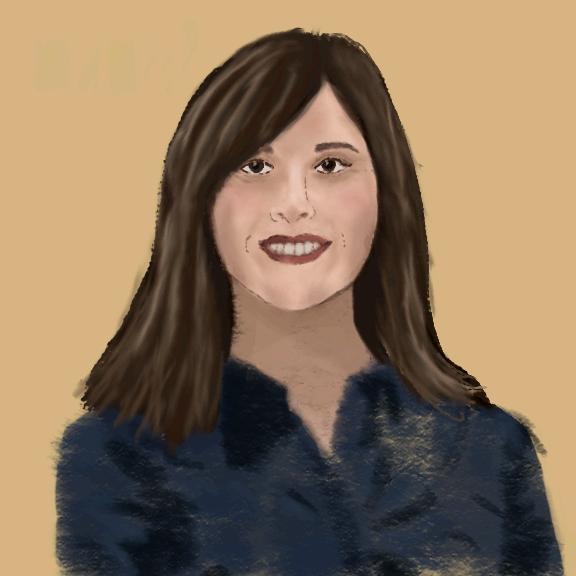





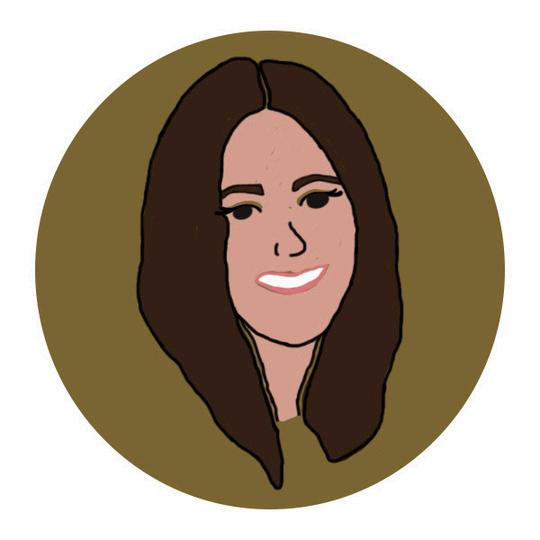
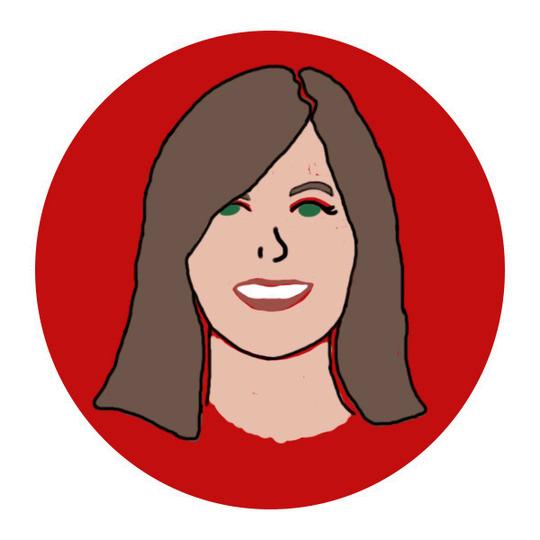
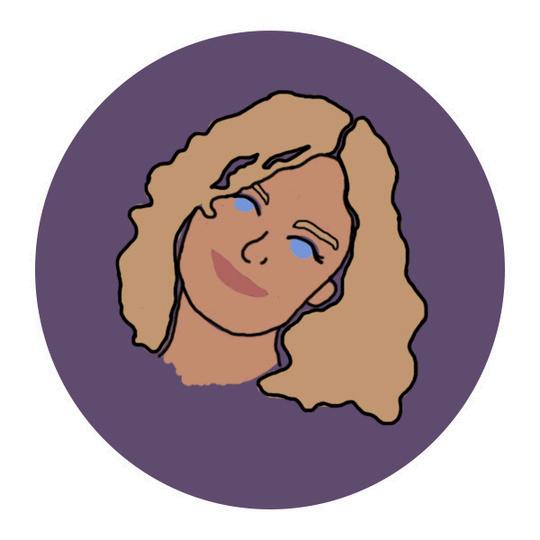
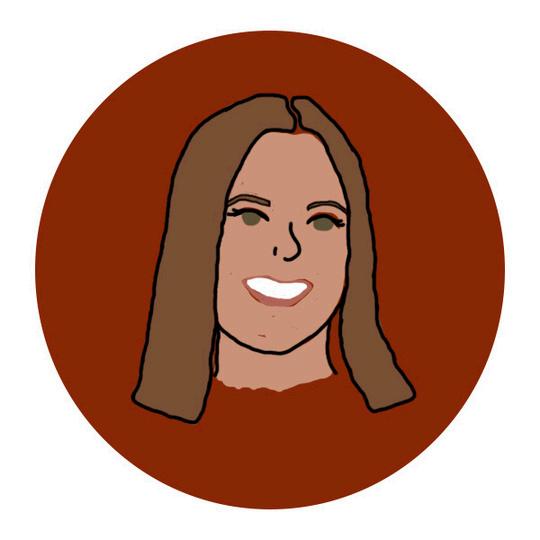
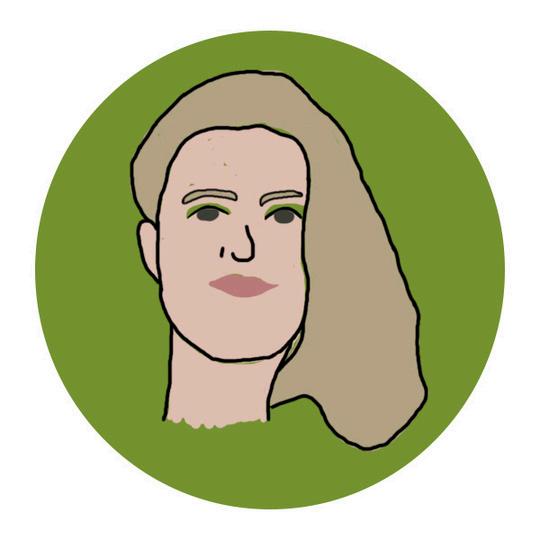
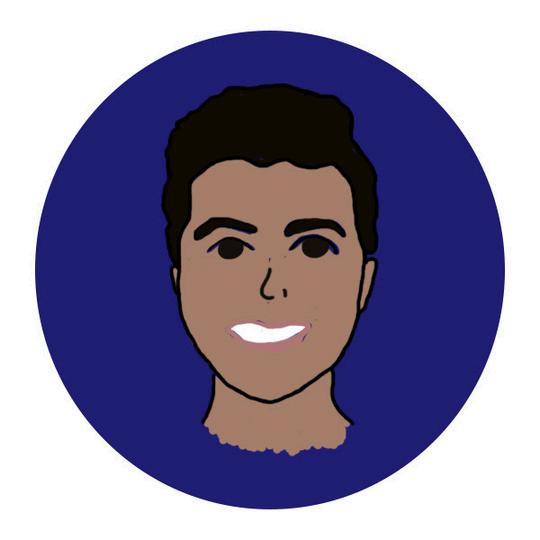
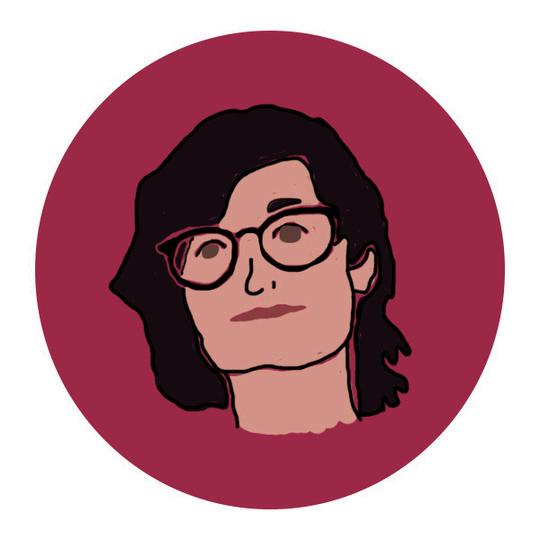

Down:
1. Former director of the honors program and Dean of the library.
2. The current director of MSU Honors
3 This scannable key is most easily lost by incoming freshmen
5 This Honors sect often resides in the halls of Preska I
12 You may catch this "machineman" at the rink, on the court, or by the field
14 Honors faculty hide-away and Ferdi's home base
16 This Honors 475 event is the one of the final hurtles towards an Honors graduation.
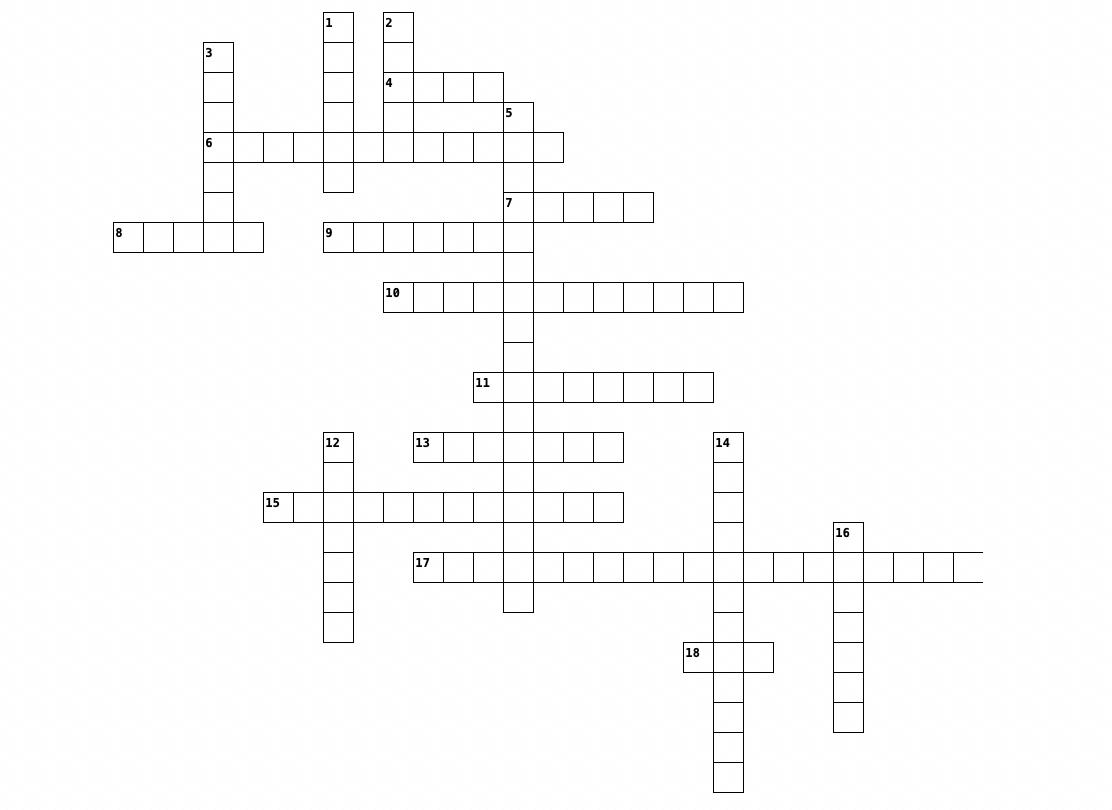
PlayOnline:https://crosswordlabscom/view/msu-crossword-beacon-20242025
Across:
4 Some may call him, Prez Ed
6. Every honors student's landmarks, filled developments and applications.
7. Your favorite Honors 201 speaker. This librarian loves to help you find reputable sources and may appear in many of your research methods classes.
8 This little maverick likes to play dress-up in the Honors Lounge
9 Stomper's favorite place to bowl
10 The battlegrounds of a double national title
11 Worst place for a campus swim
13 The heavy-treading heartbeat of MSU events
15 Hub of student concourse- sit back, watch a movie, grab some food, have a ball
17 Center of cultural exchange, learning, and collaboration- fostering diverse connections between all students
18 What's on Wednesday?



We at the Honors Beacon thank you for reading this year’s edition! Our team has put in an incredible amount of work to bring this issue to life, and we hope that you’ve enjoyed your time with it. The Honors Beacon, 2024-25, contains nearly sixty pages of content from our dedicated student body, featuring three reflective essays, three standalone poems, four interviews, two photo collages, two artist features, and two pages of likeness drawings representing our wonderful team. The cover photo for this newsletter is credited to Toriinlee Dokken, a freshman Honors student and member of the Honors Beacon creative team.
A special thanks to her contributions, as well as the rest of the Beacon writers and contributors who gave their time to the newsletter this year. An additional thank you to Minnesota State University, Mankato, the Honors Program, and the Honors staff that made acted as a guiding force throughout this process.
Thank you all!
A member of the Minnesota State system and an Affirmative Action/Equal Opportunity University This document is available in alternative format to individuals with disabilities by calling Accessibility Resources at 507-389-2825, (V), 800-627-3529 or 711 (MRS/TTY)
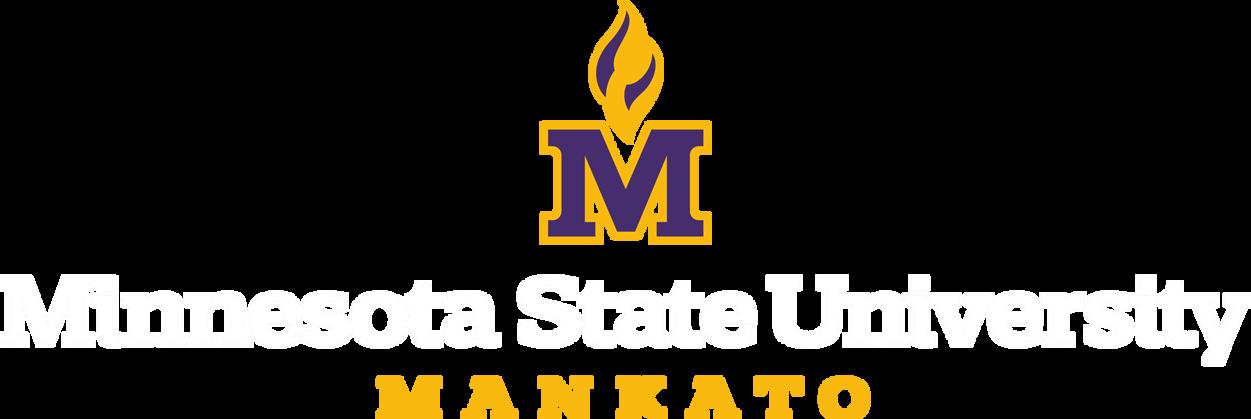
An Honors graduate will have developed and applied their own personal leadership values, and will have the ability to guide a group towards some common goal.
An Honors graduate will have developed and applied their abilities in information literacy, information synthesis, and integration of ideas, contributing to existing knowledge through the development of their own original research or creative work.
An Honors graduate will have demonstrated an increased knowledge and self-awareness of their own and other cultures, developing their knowledge and understanding of different cultural perspectives, and will have experiences outside of the classroom reinforce that learning.
